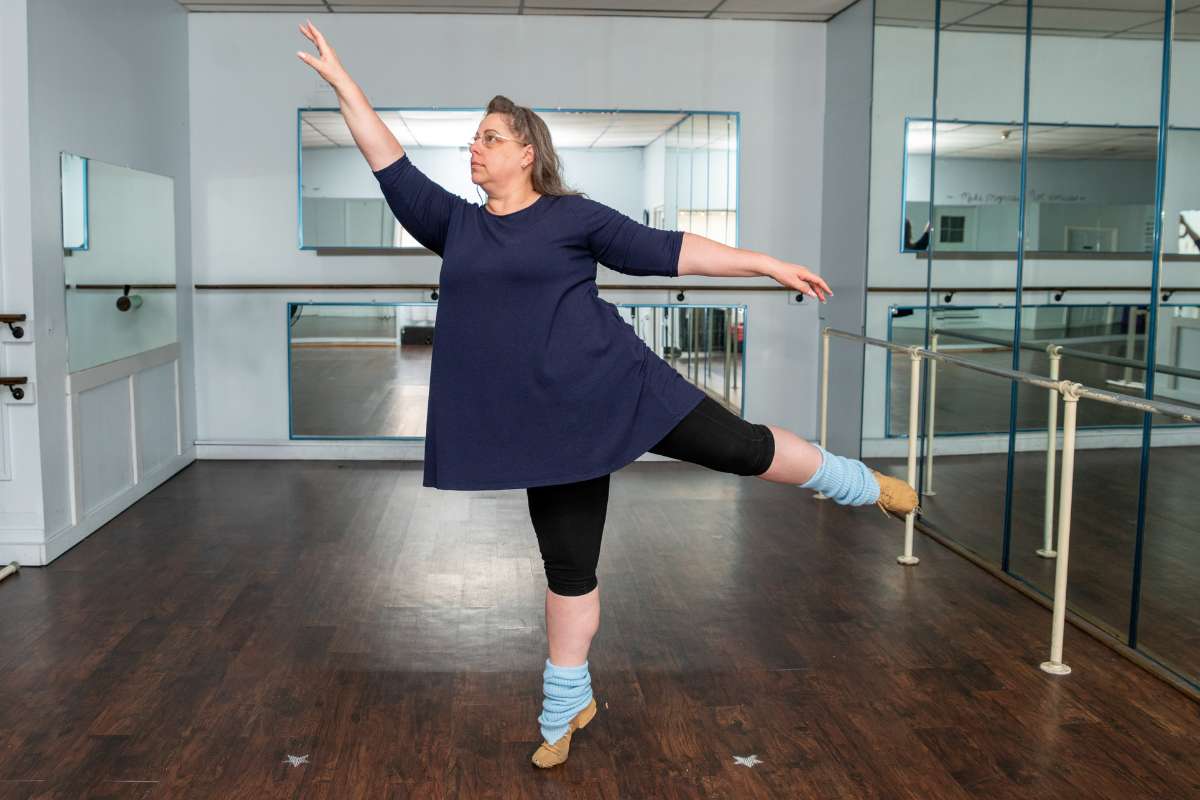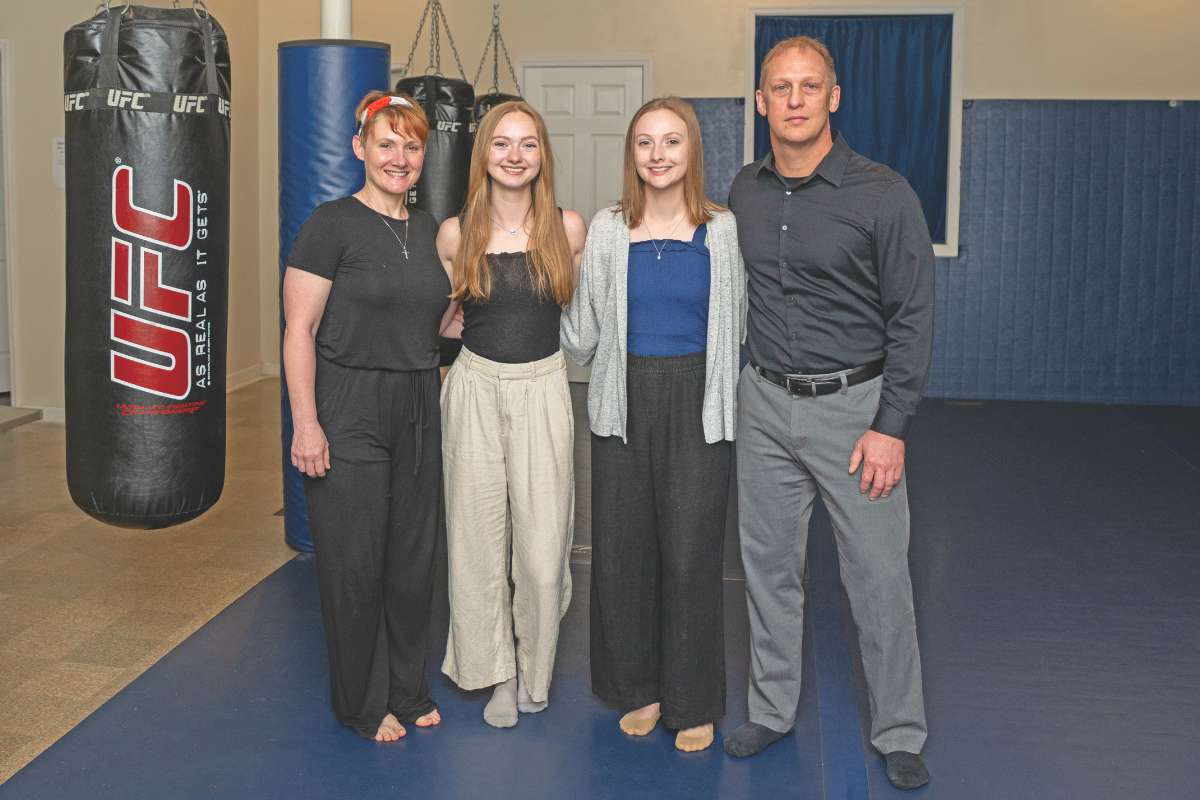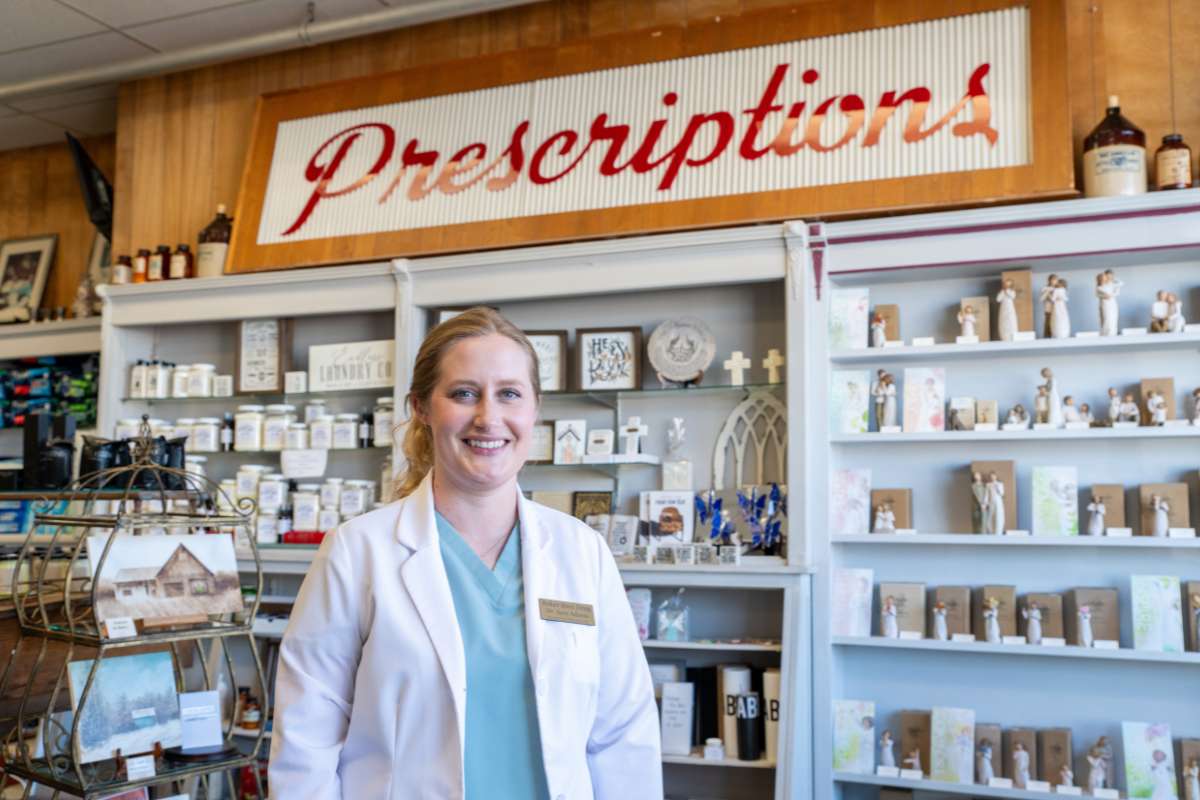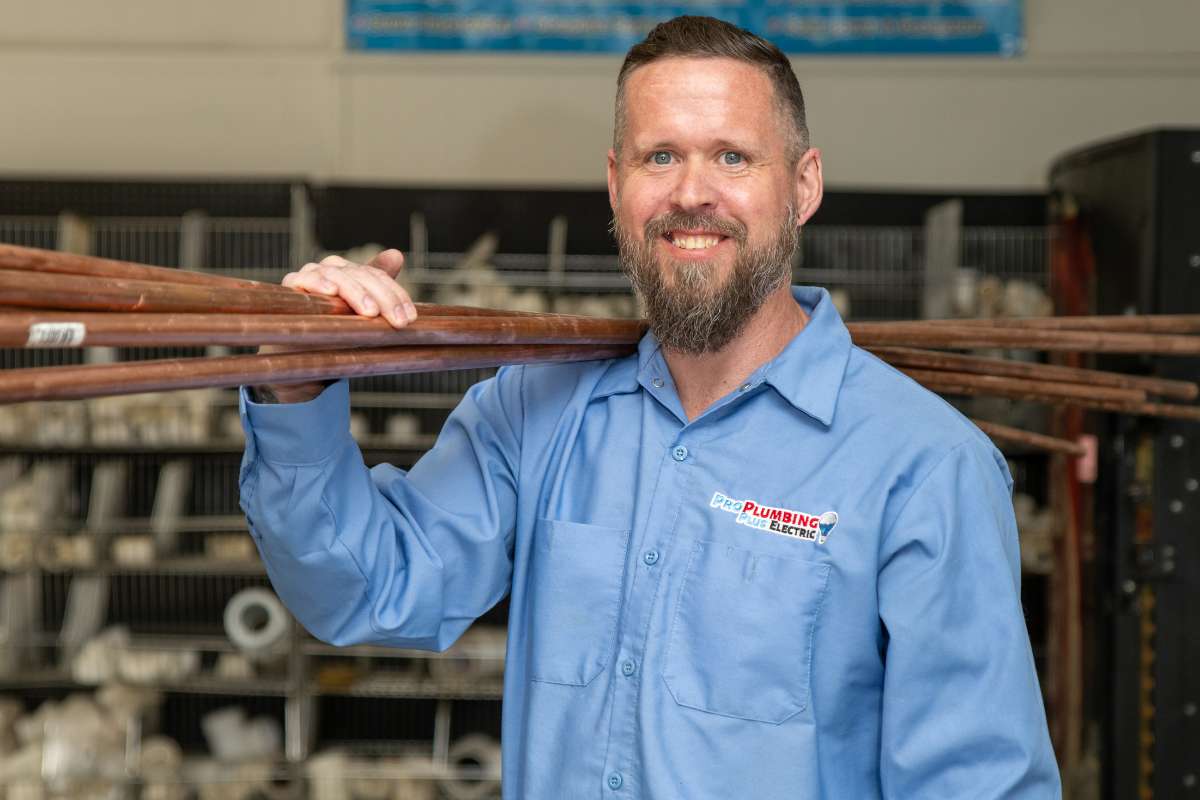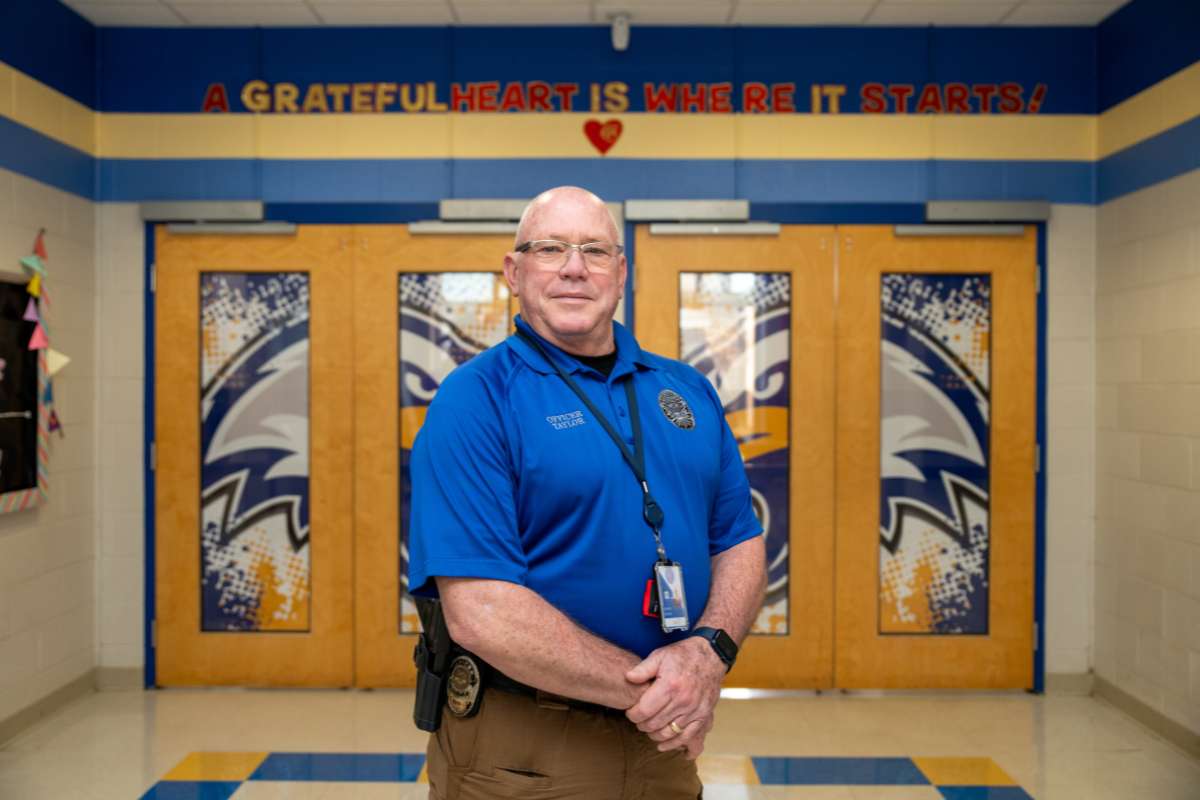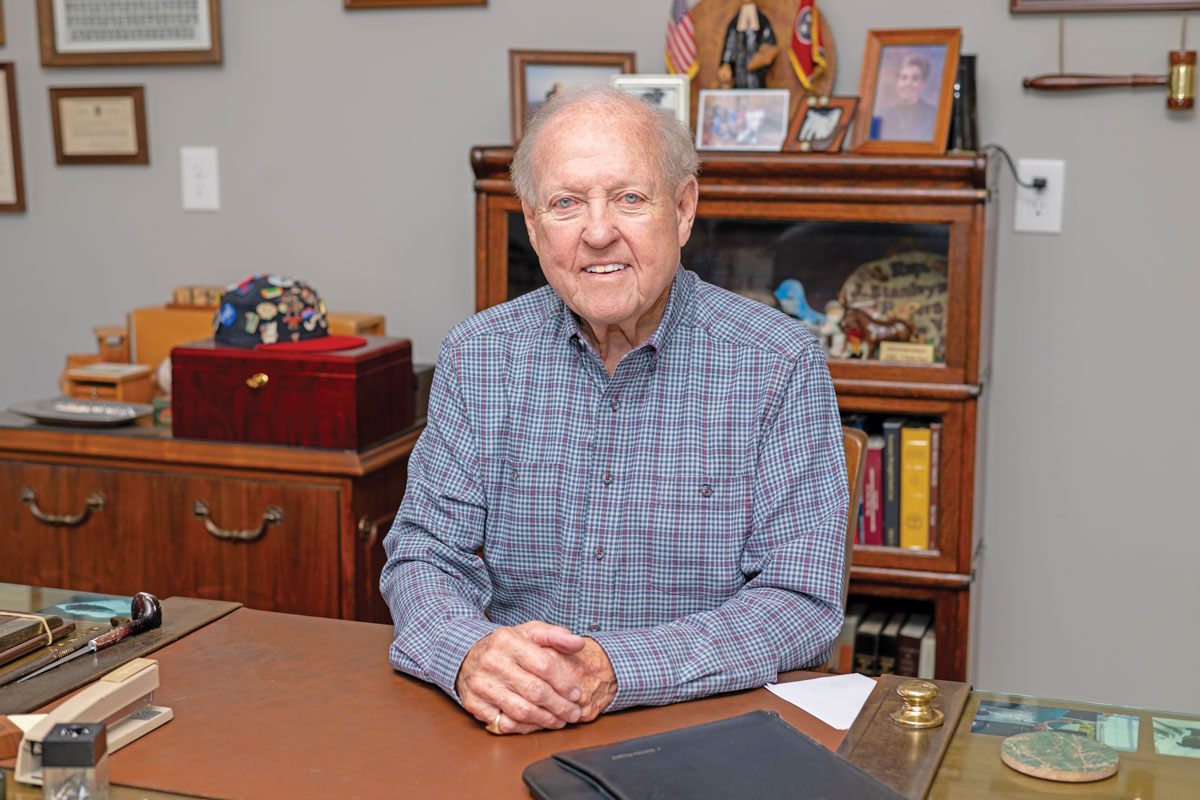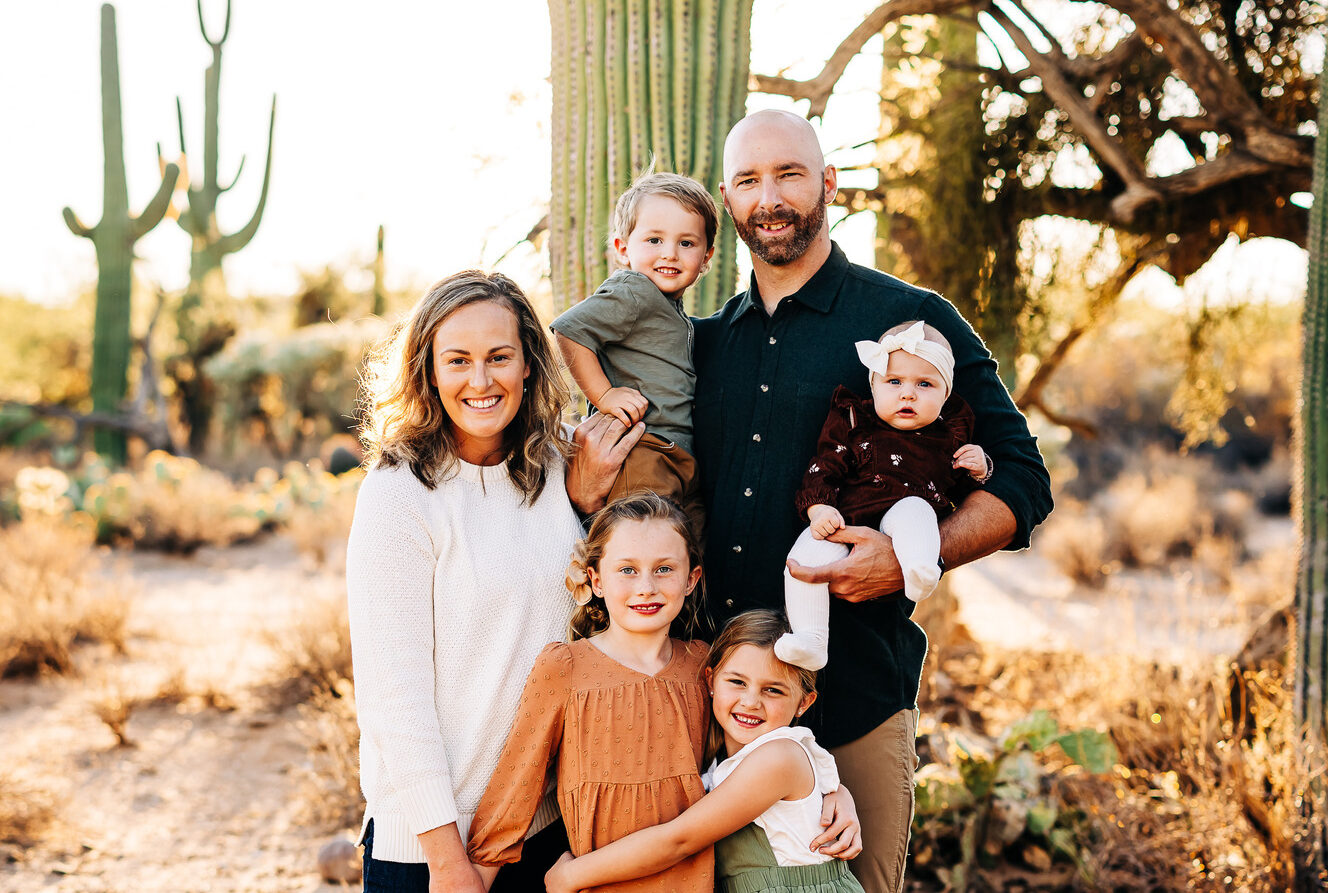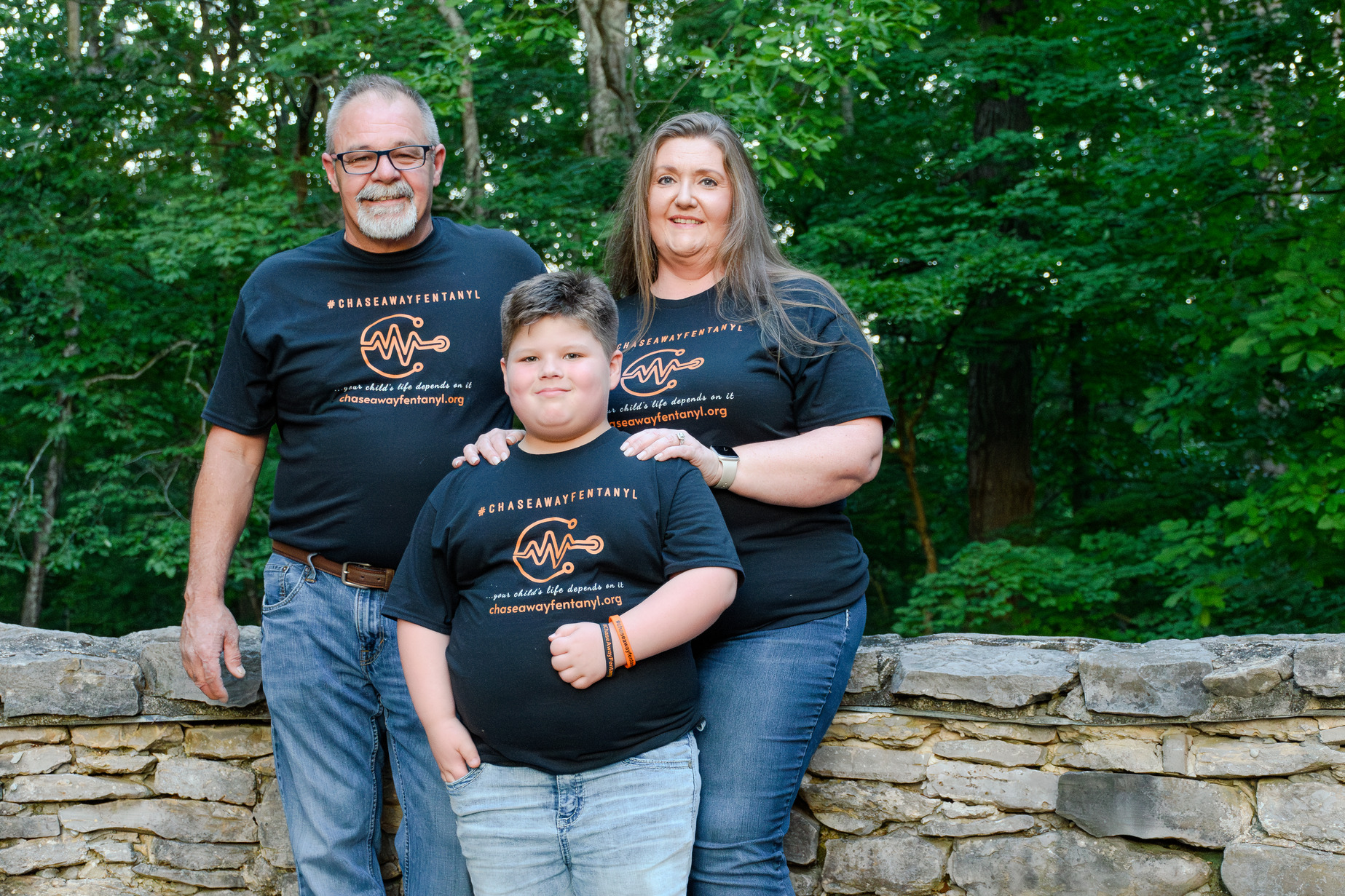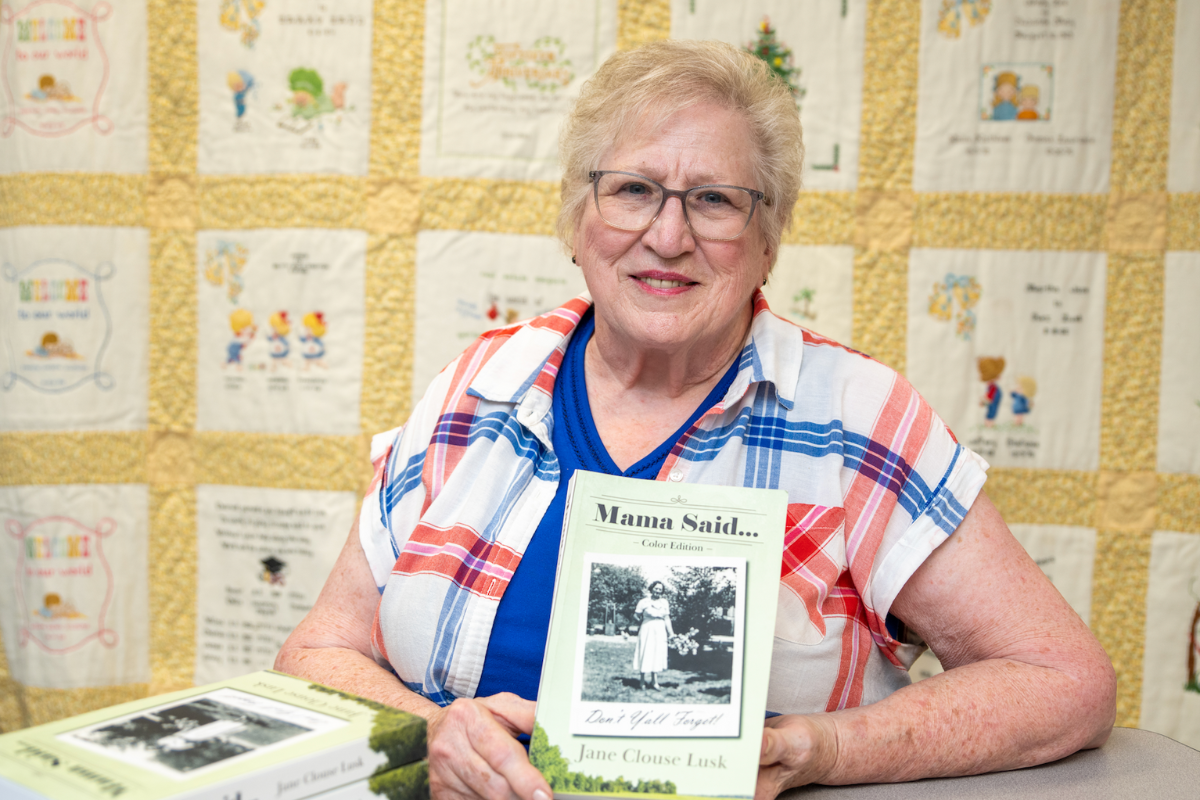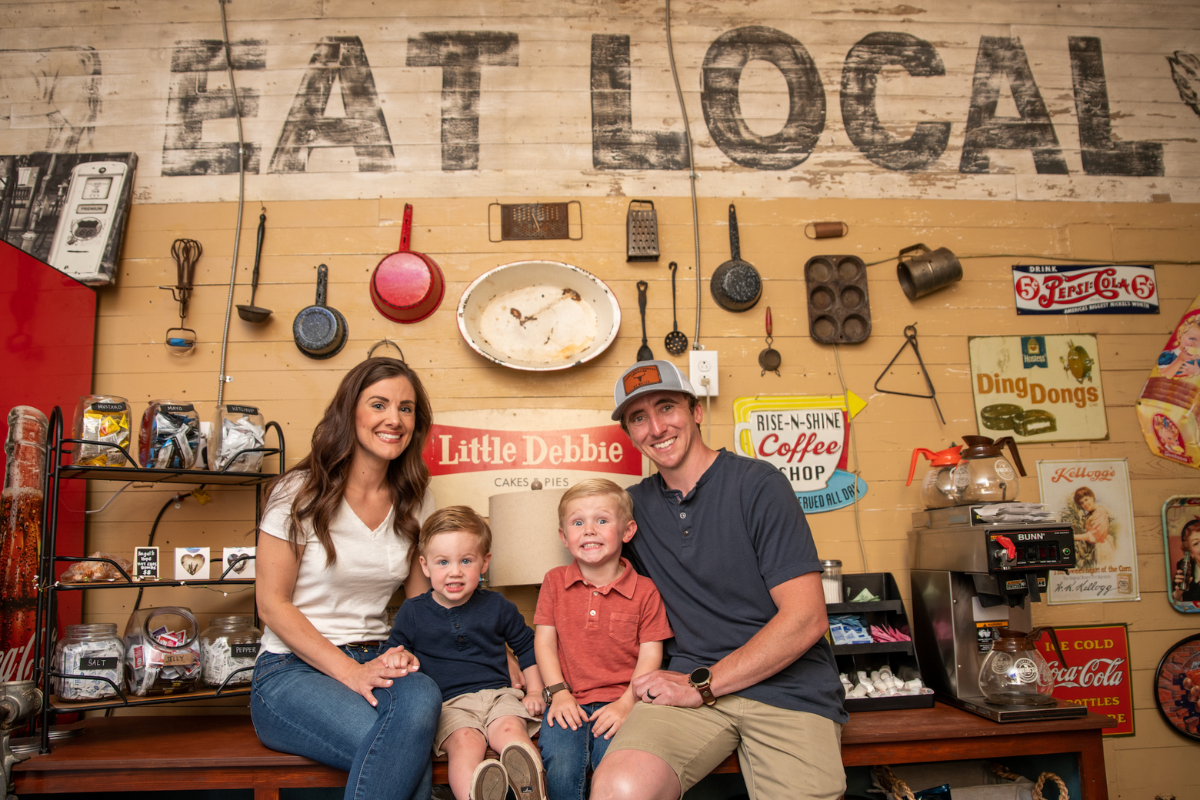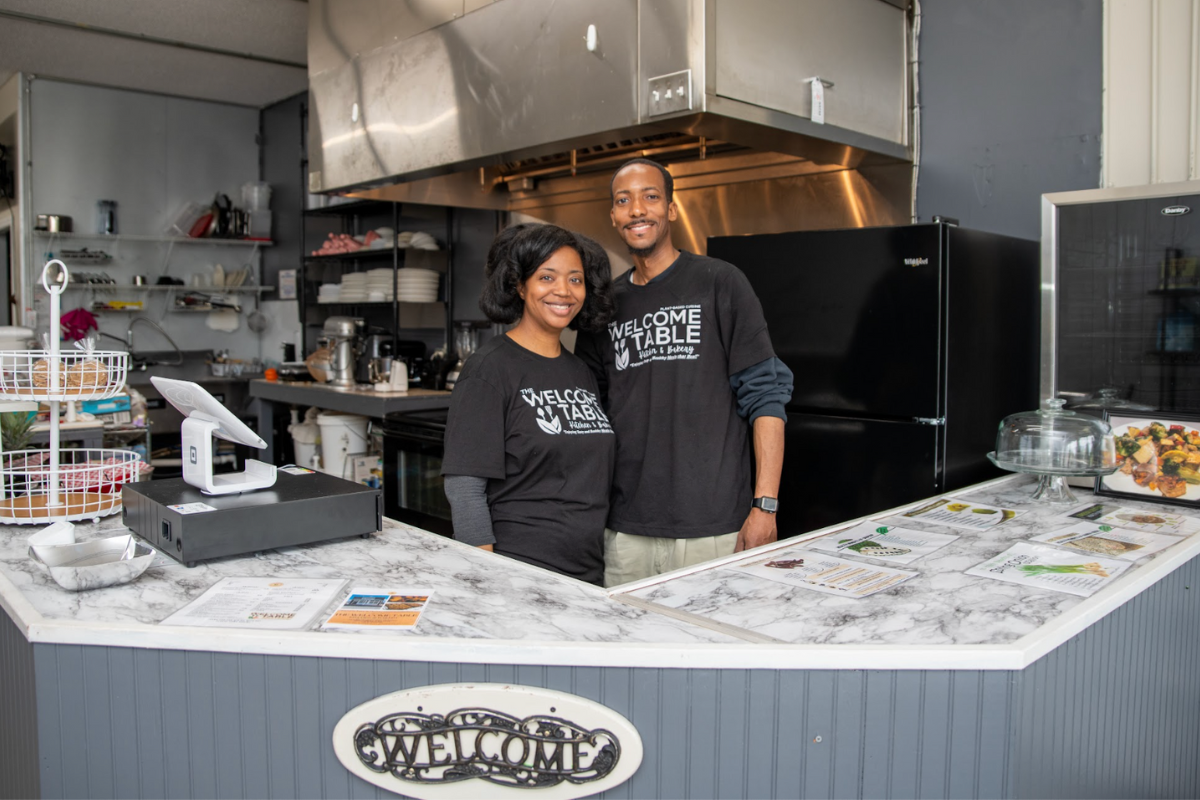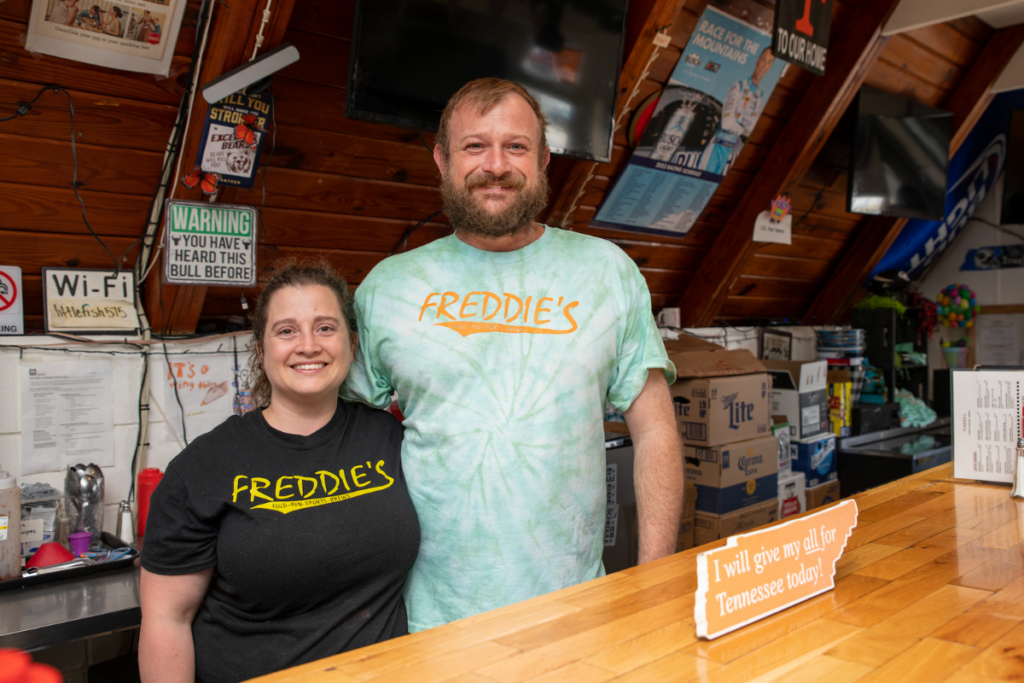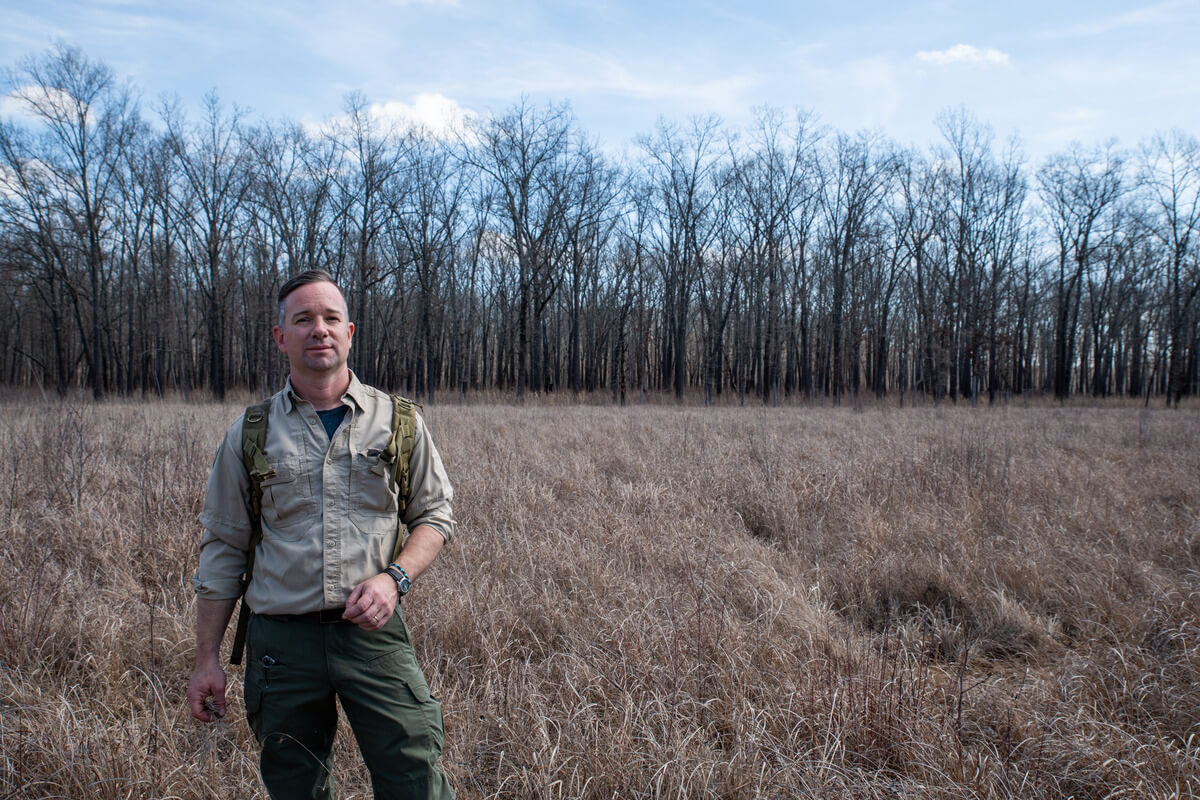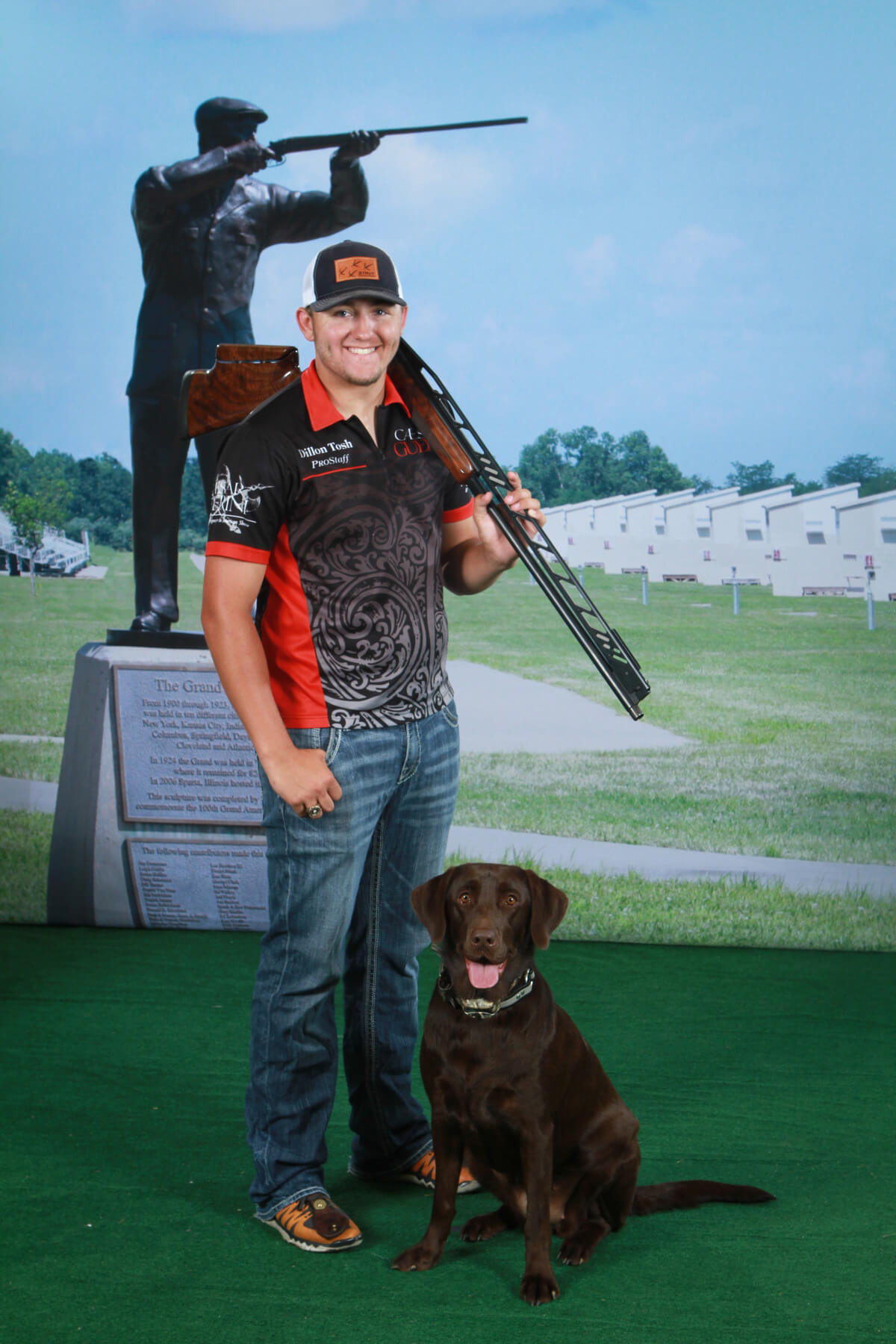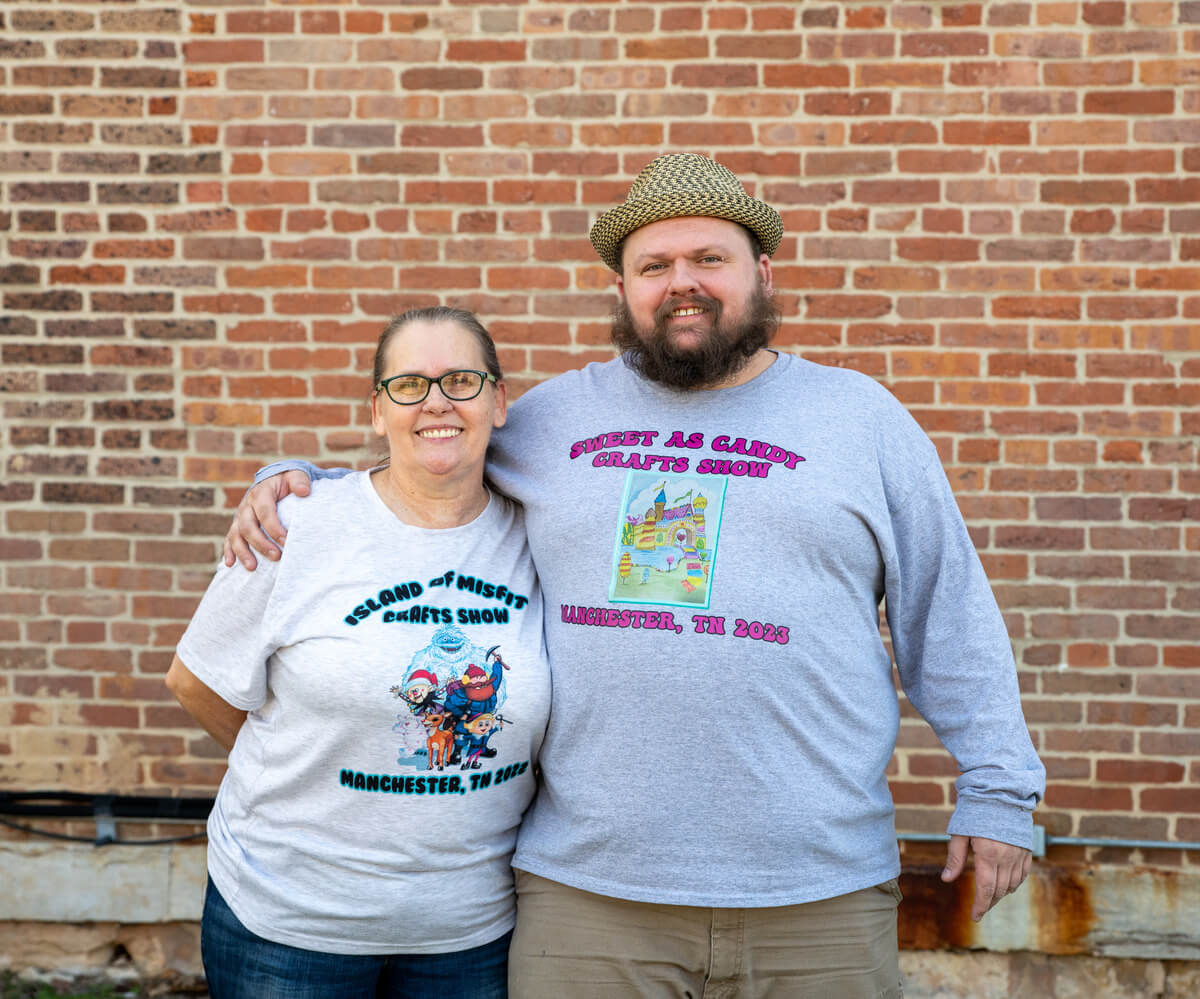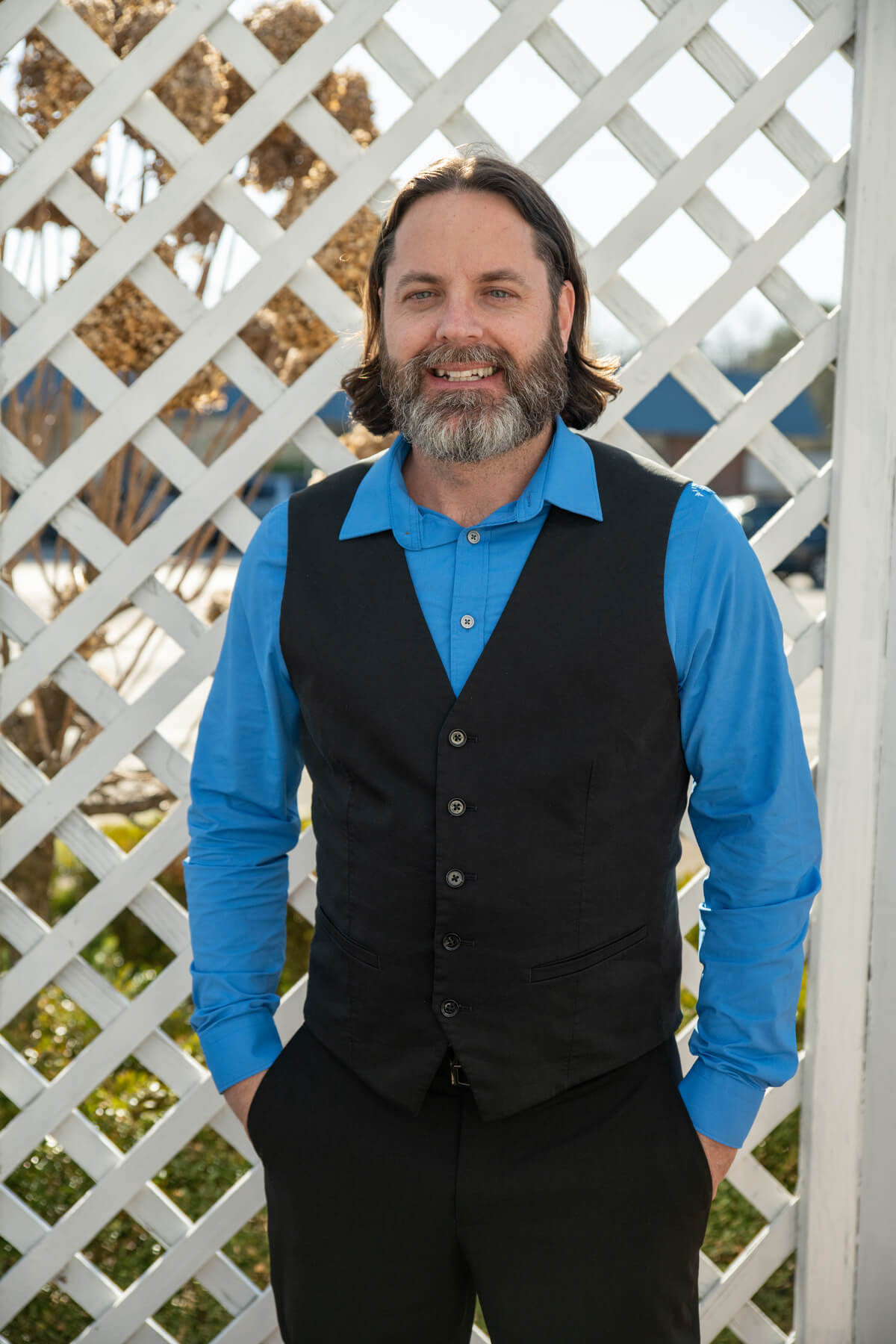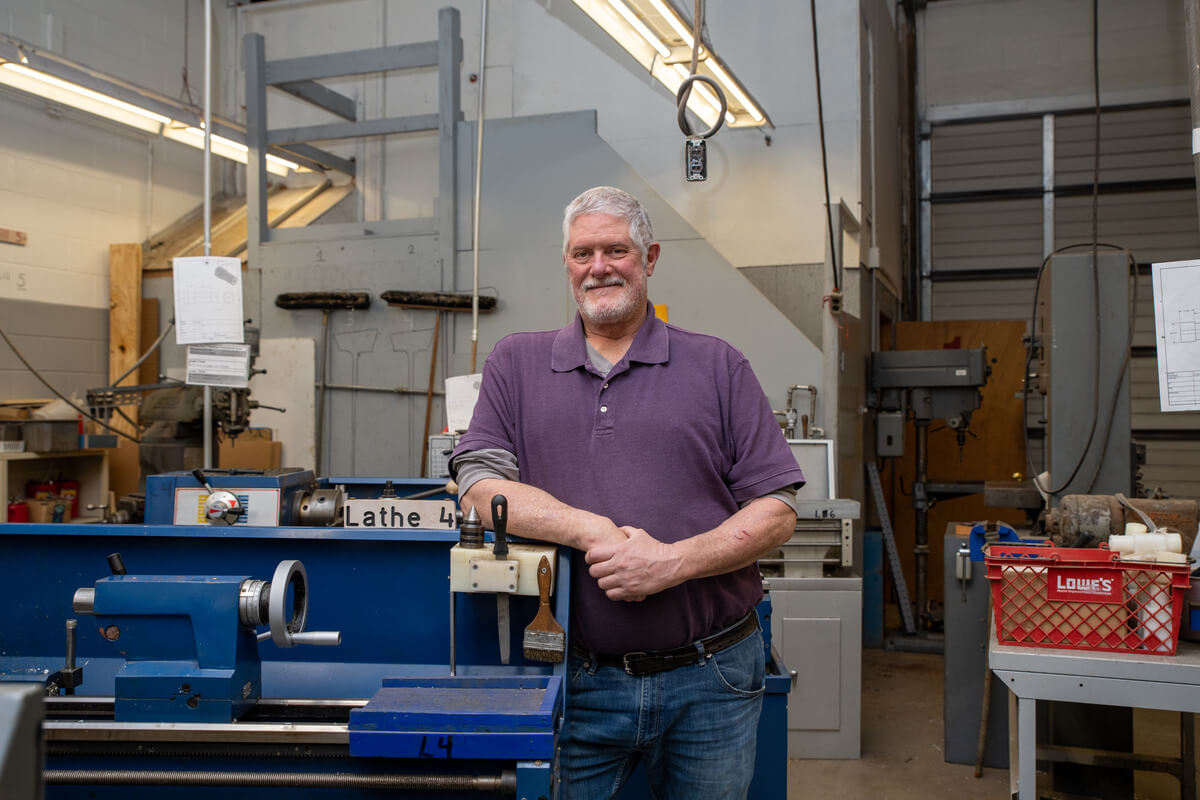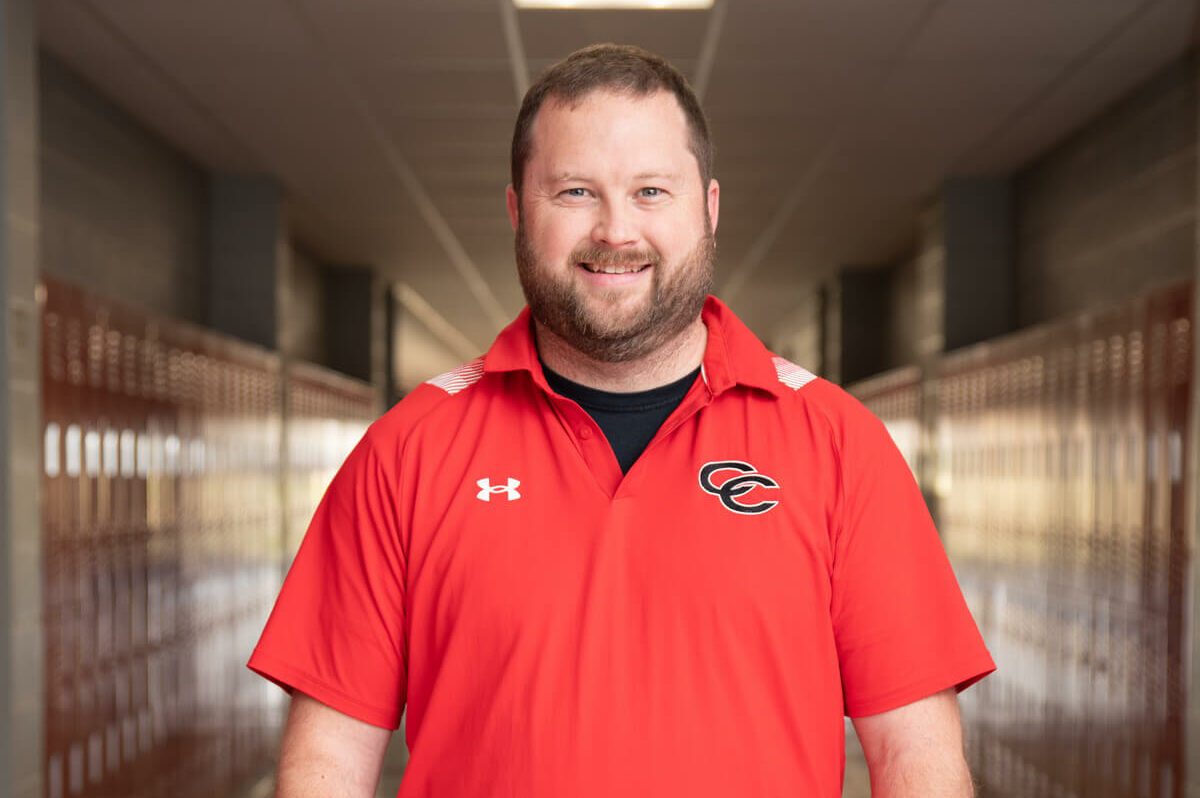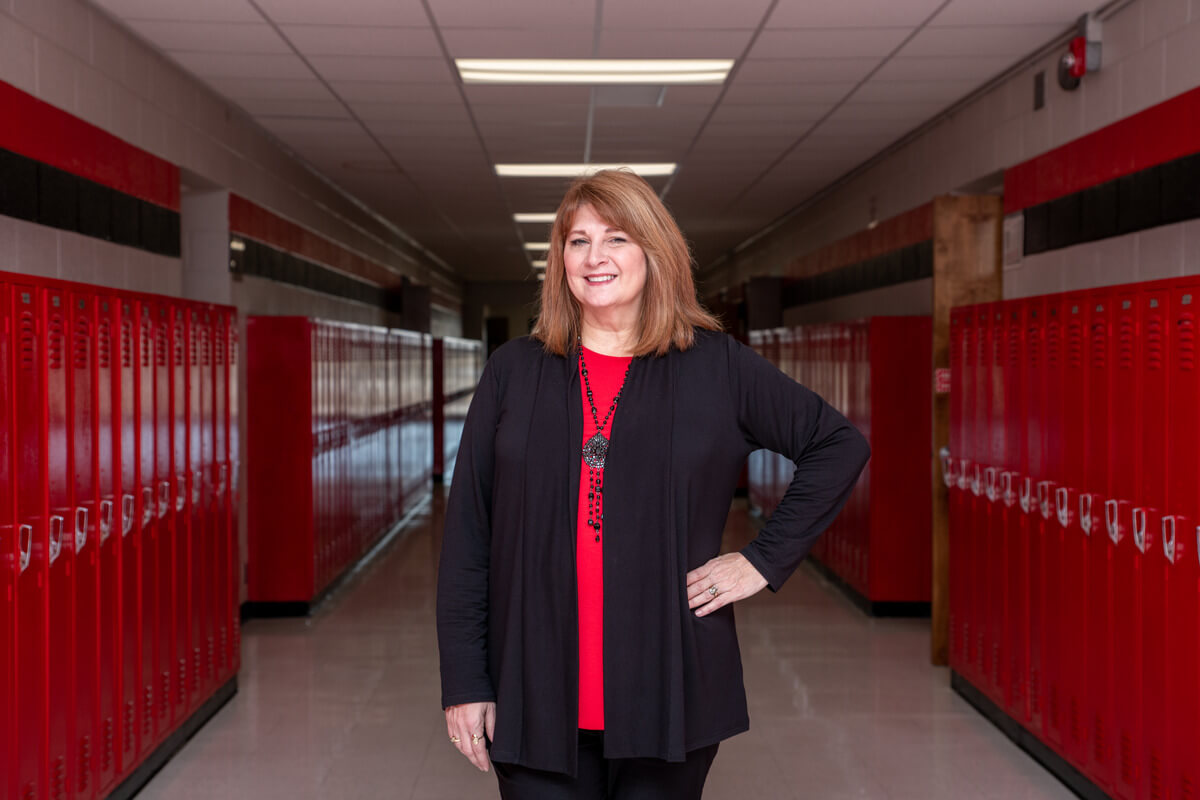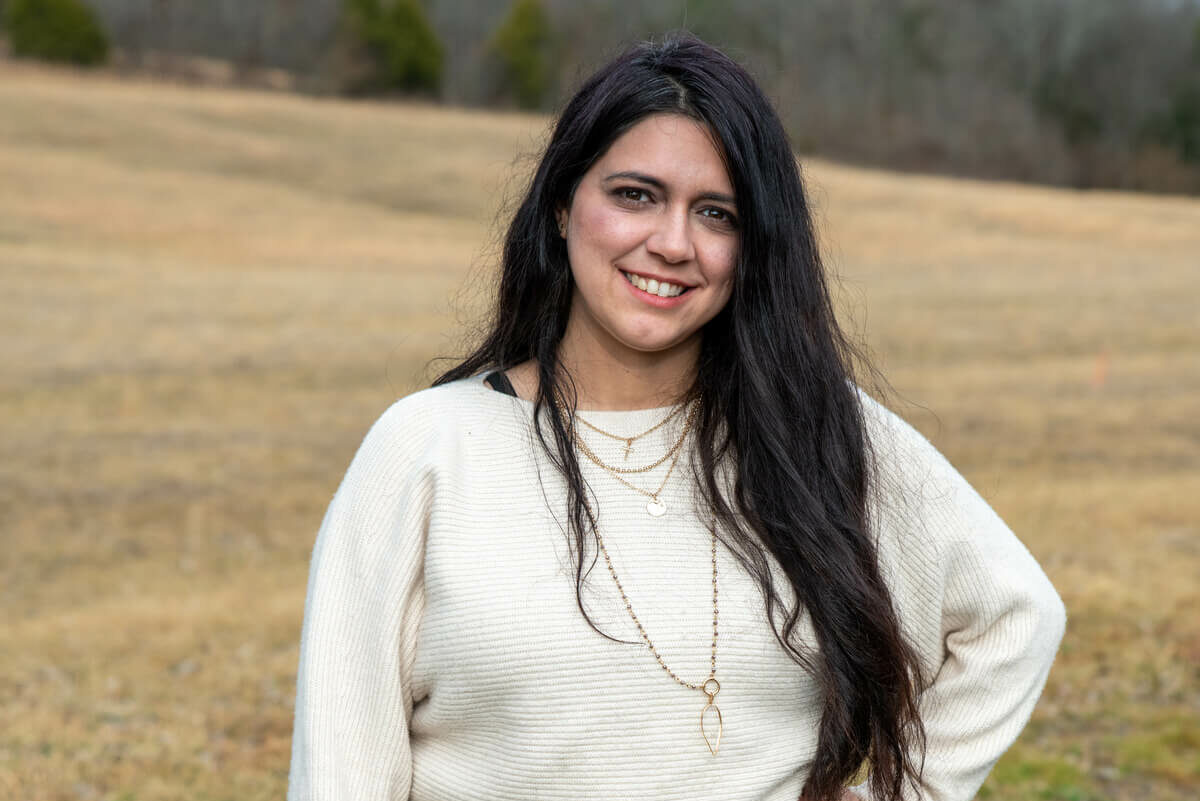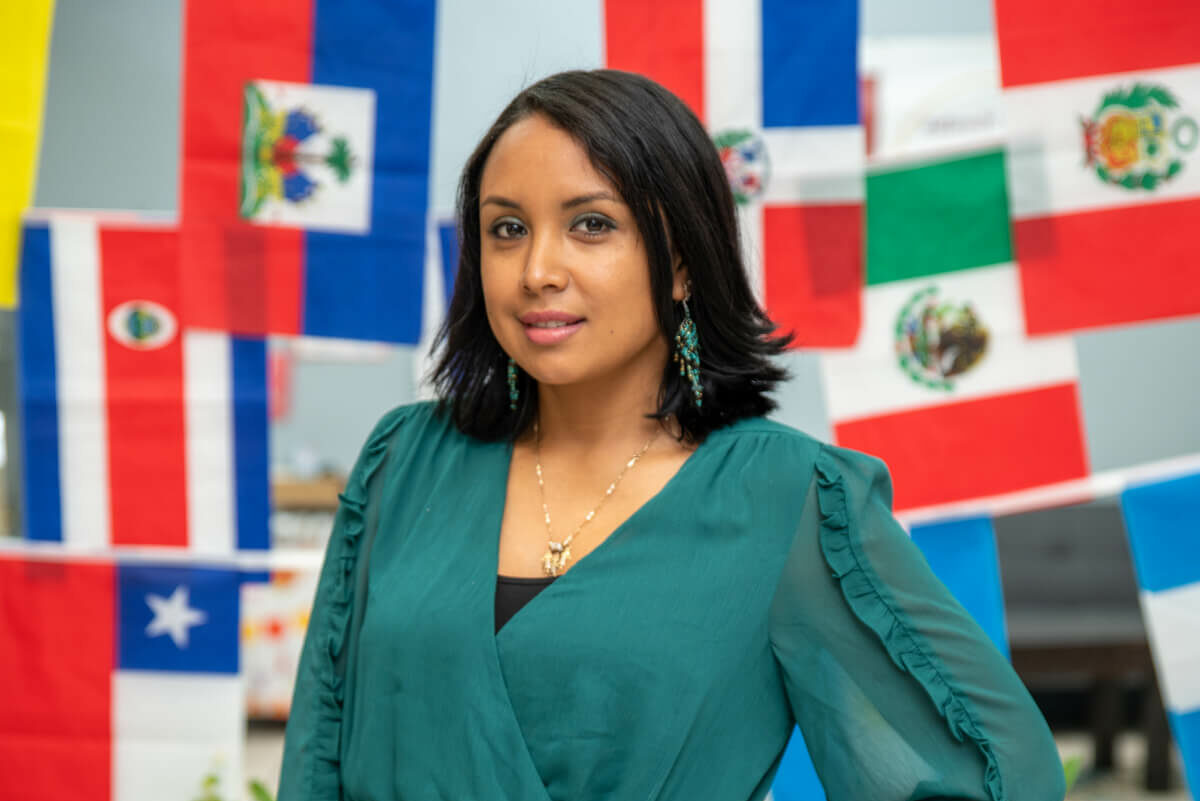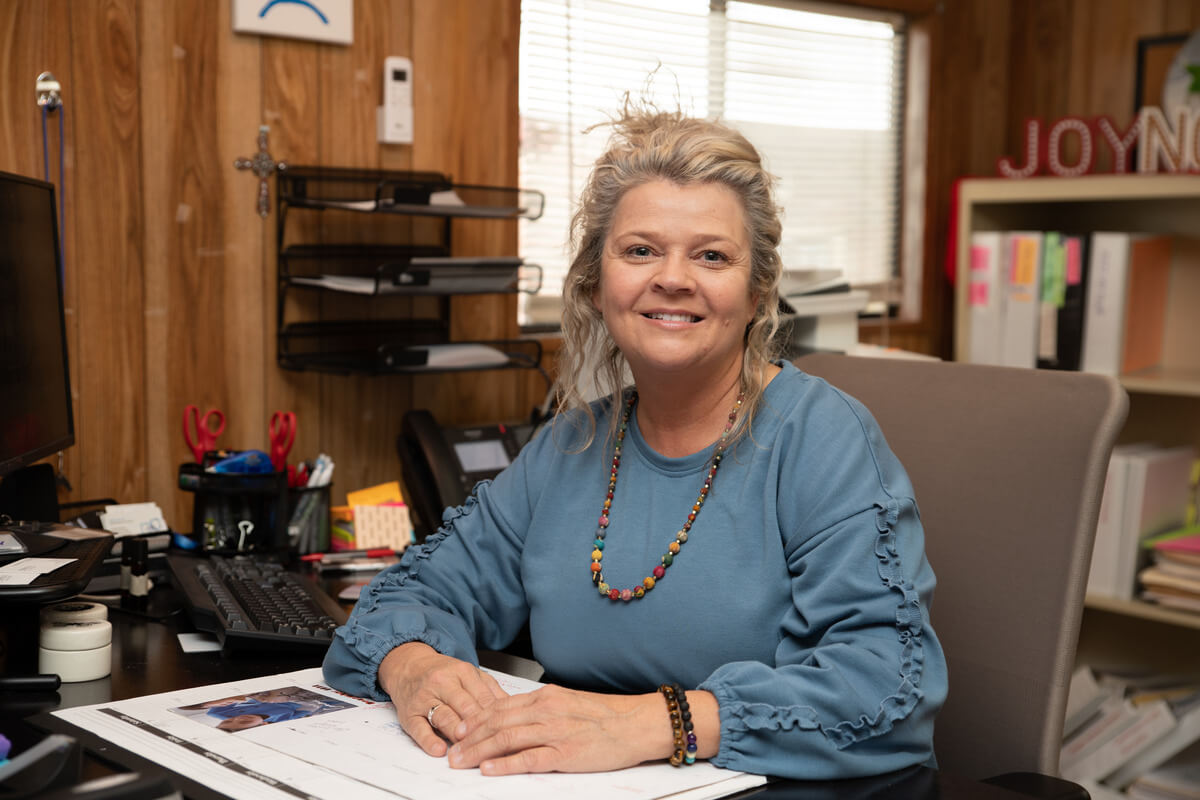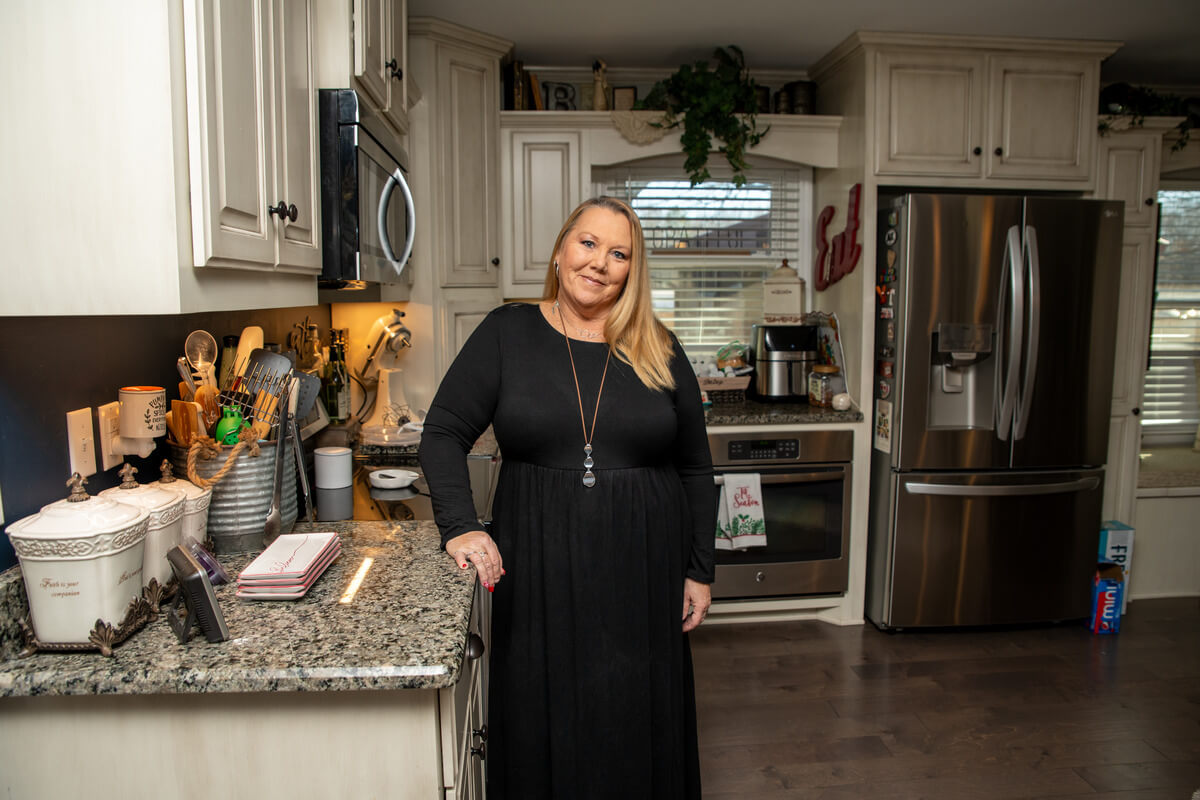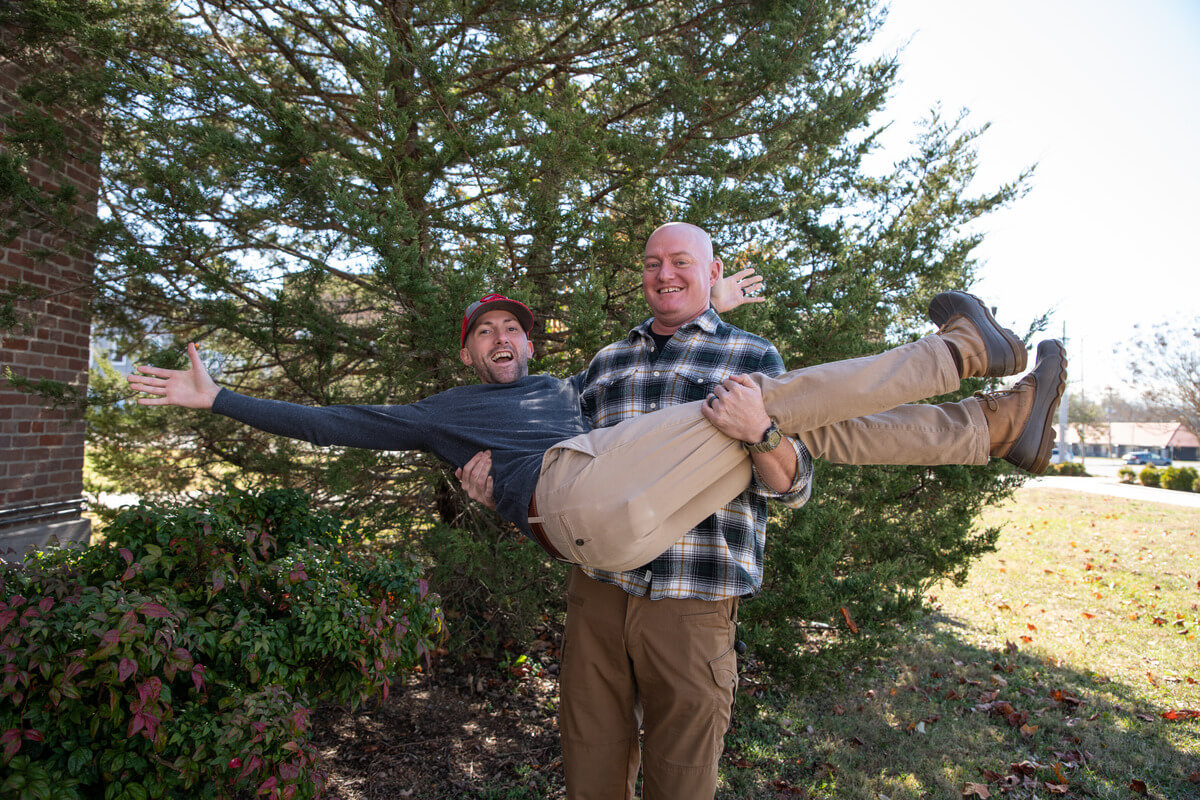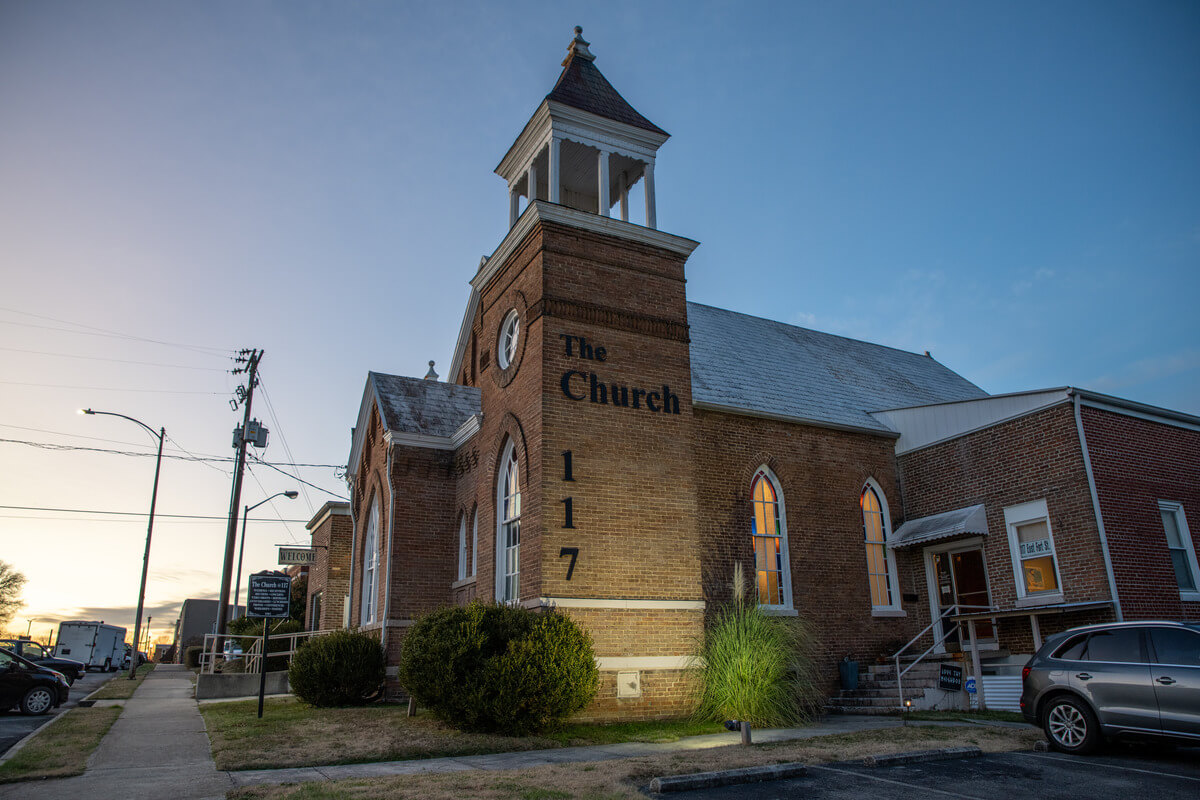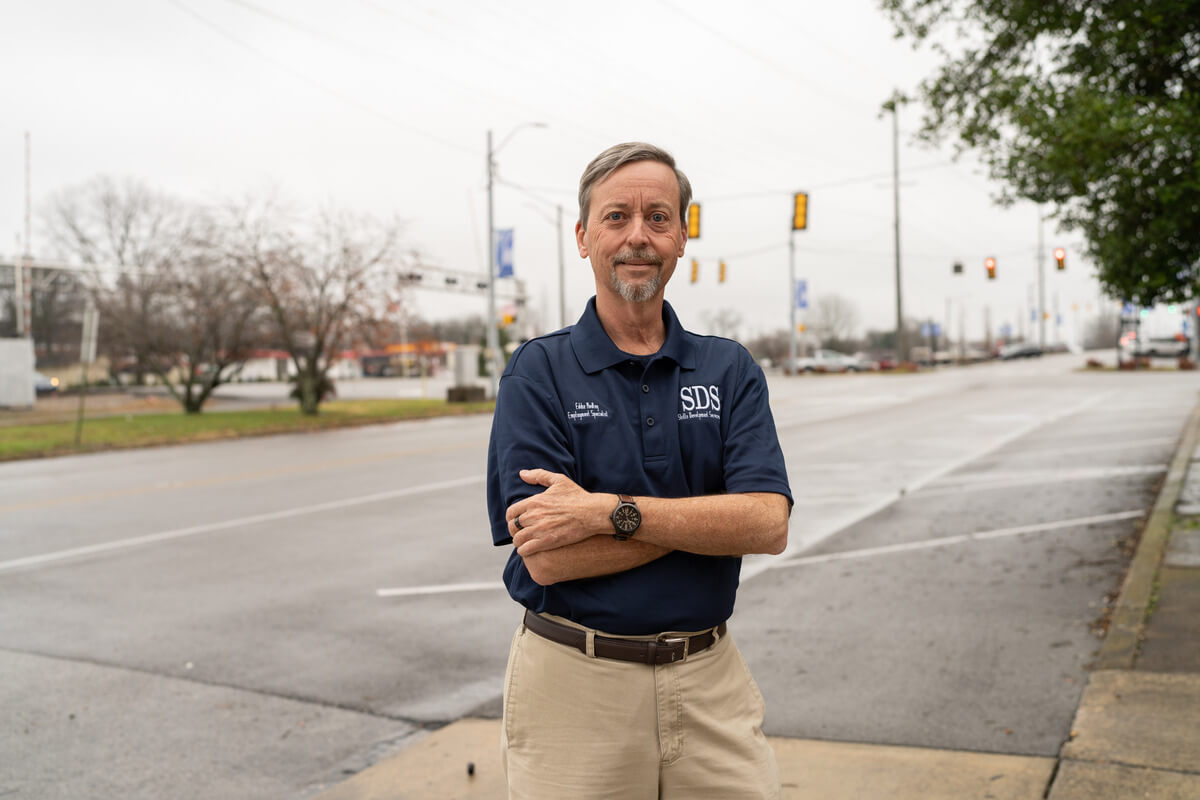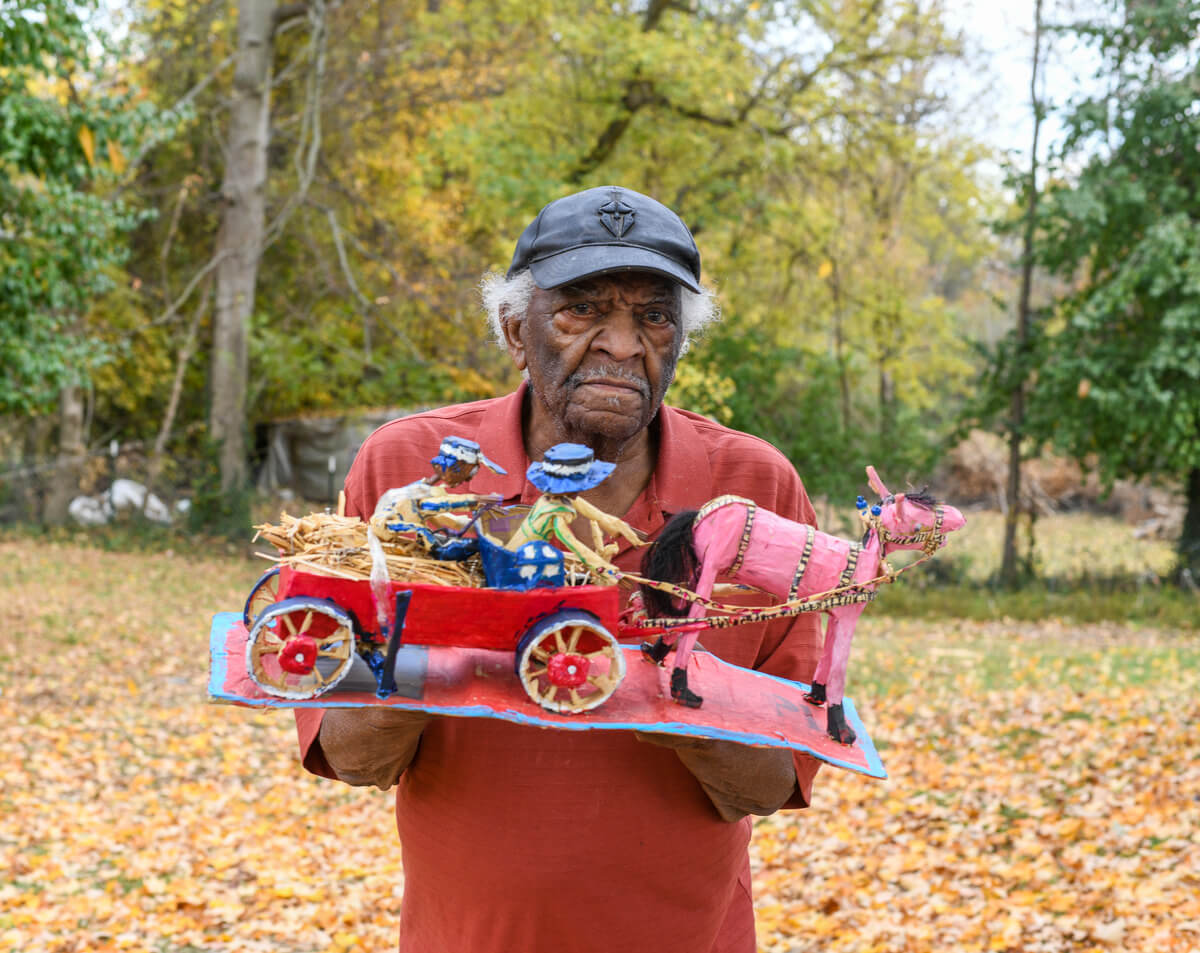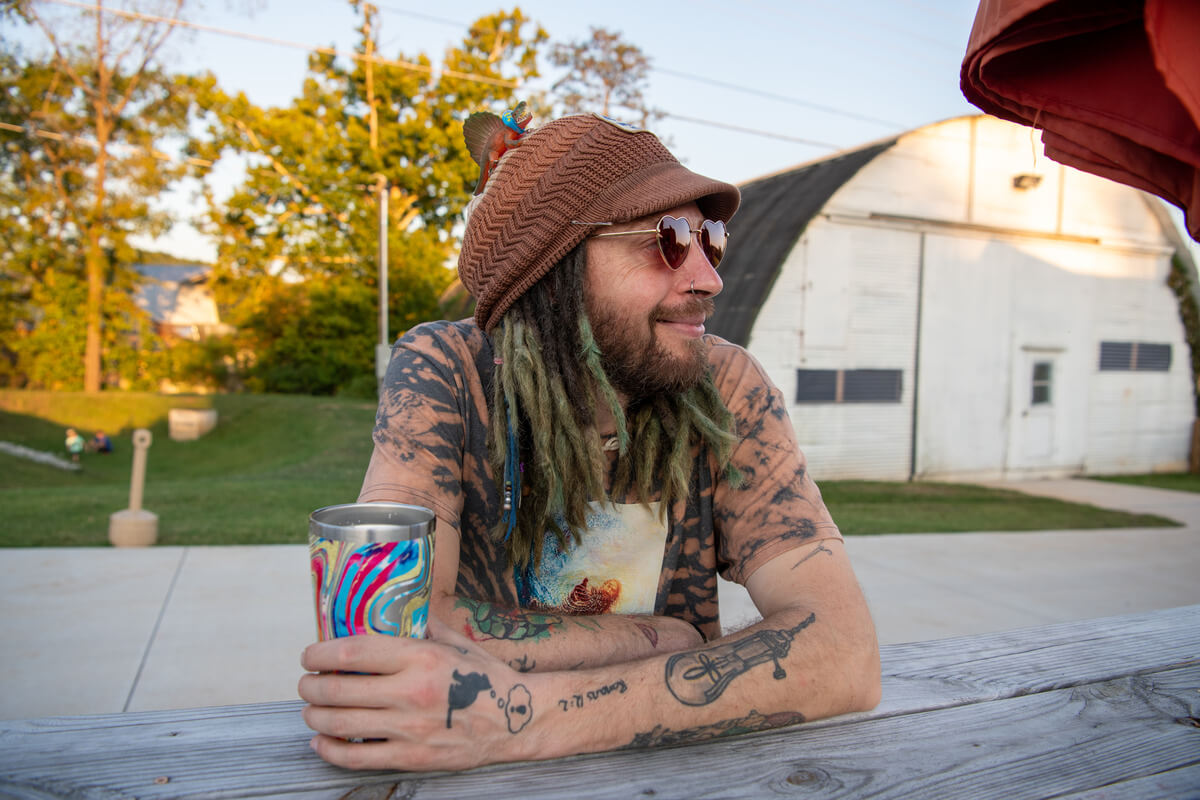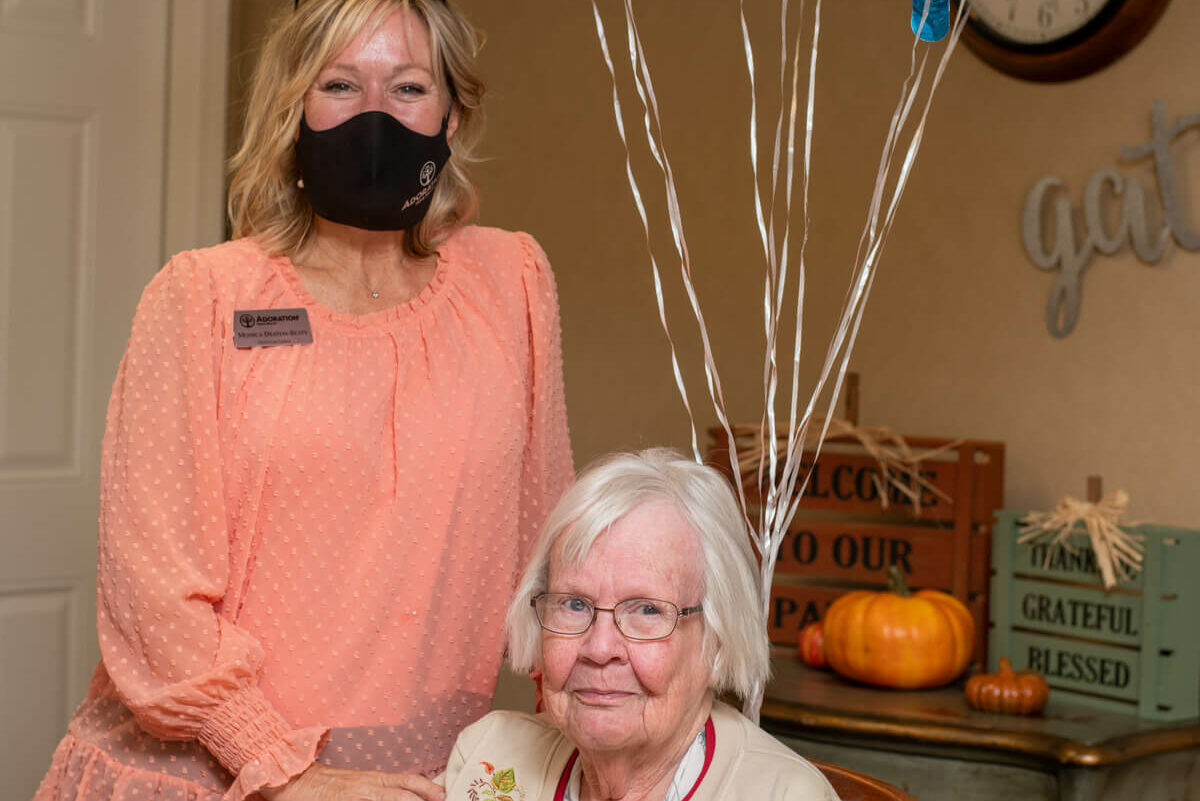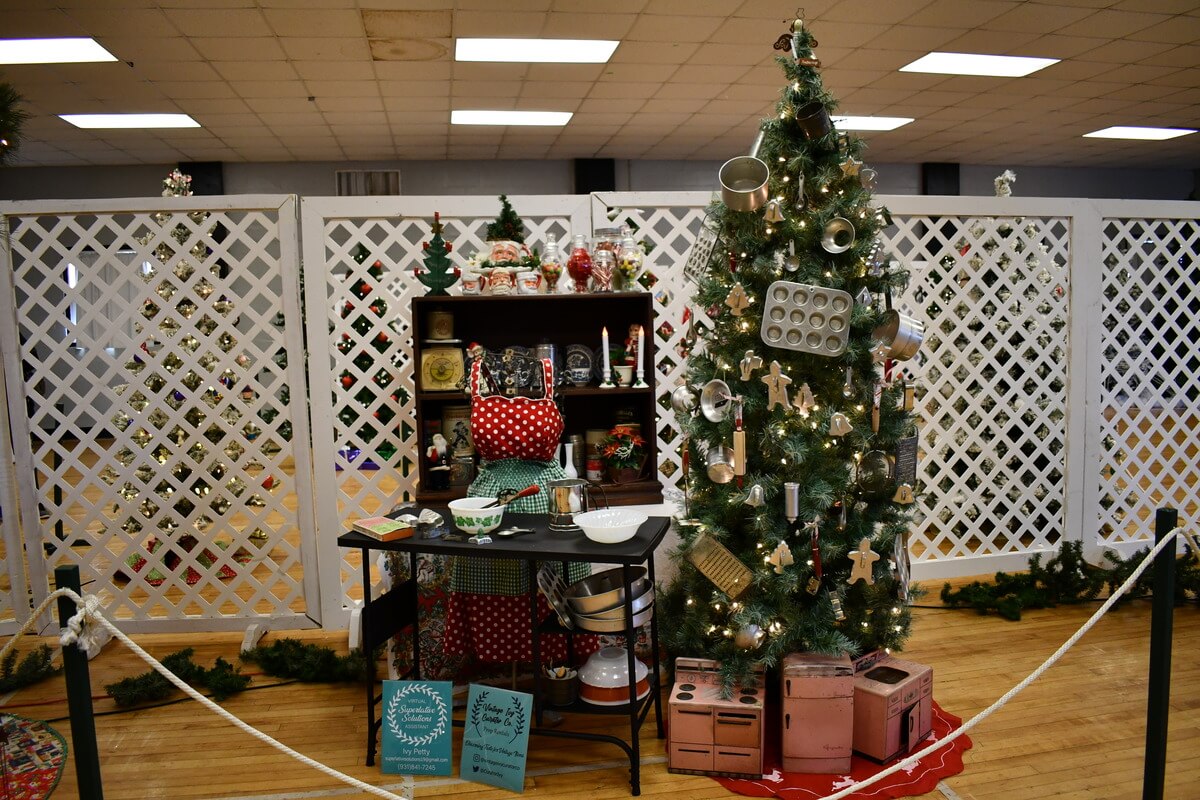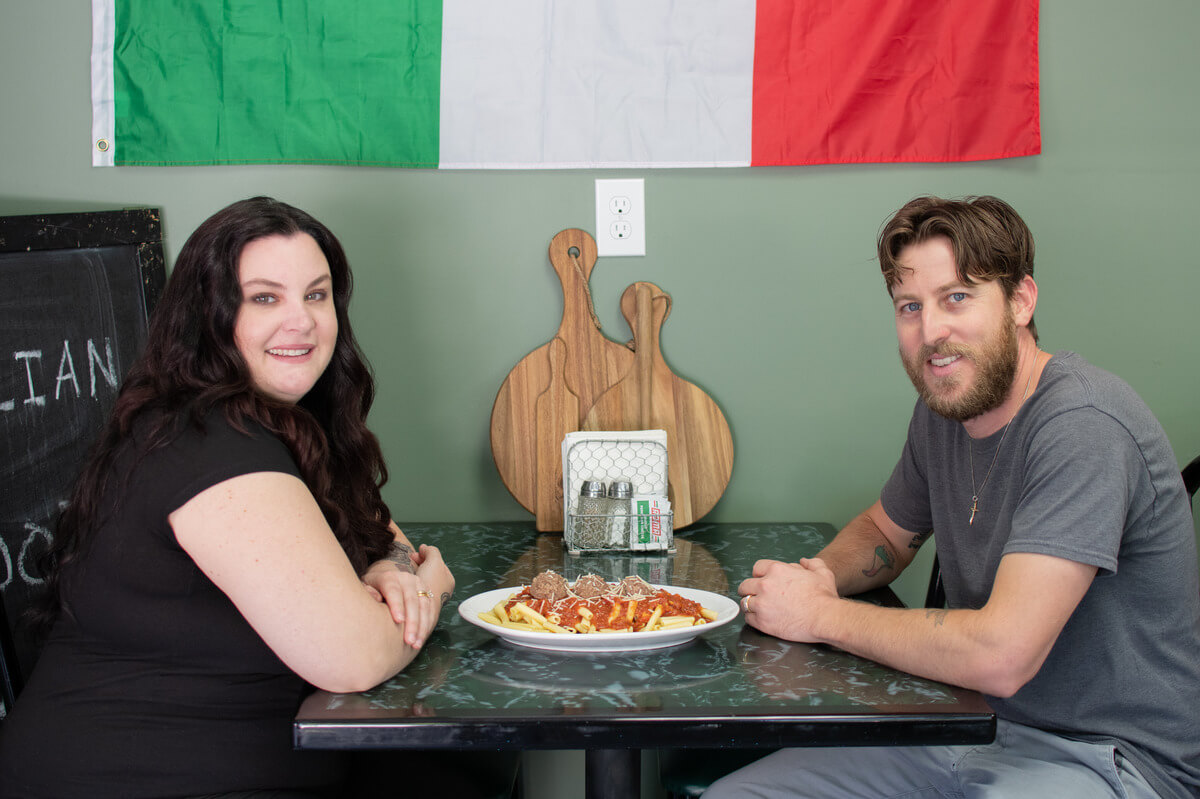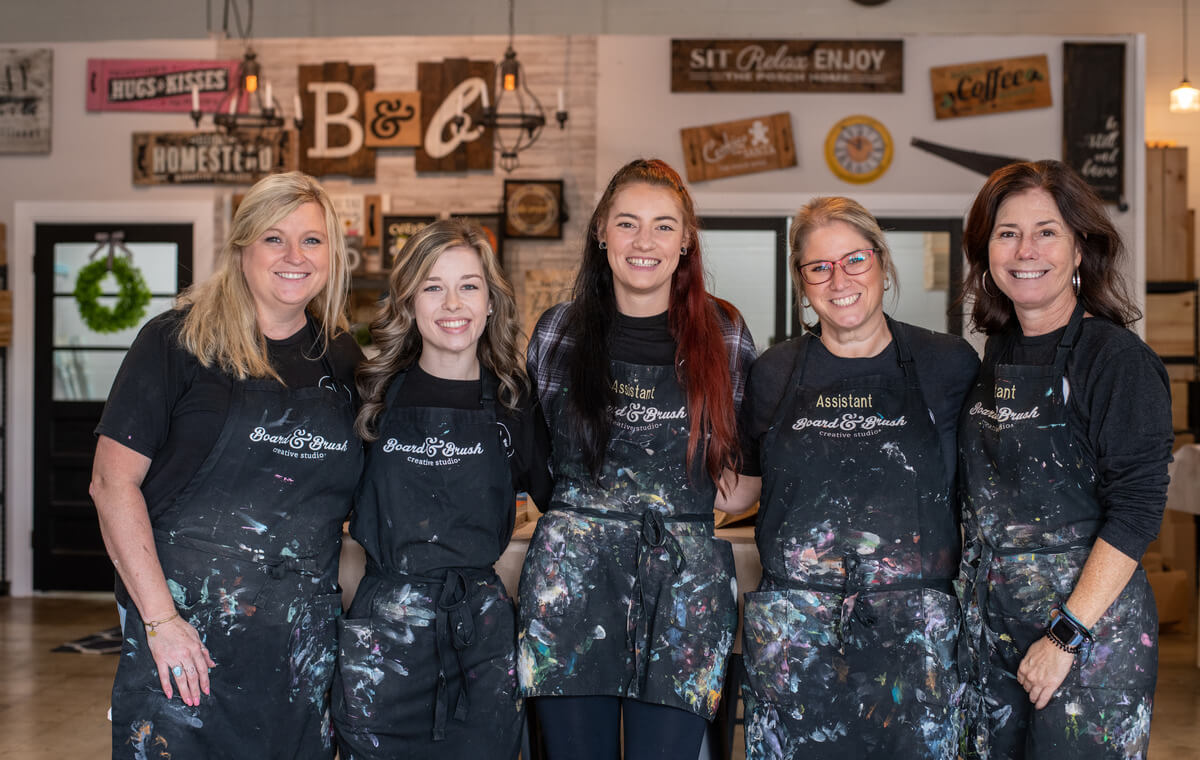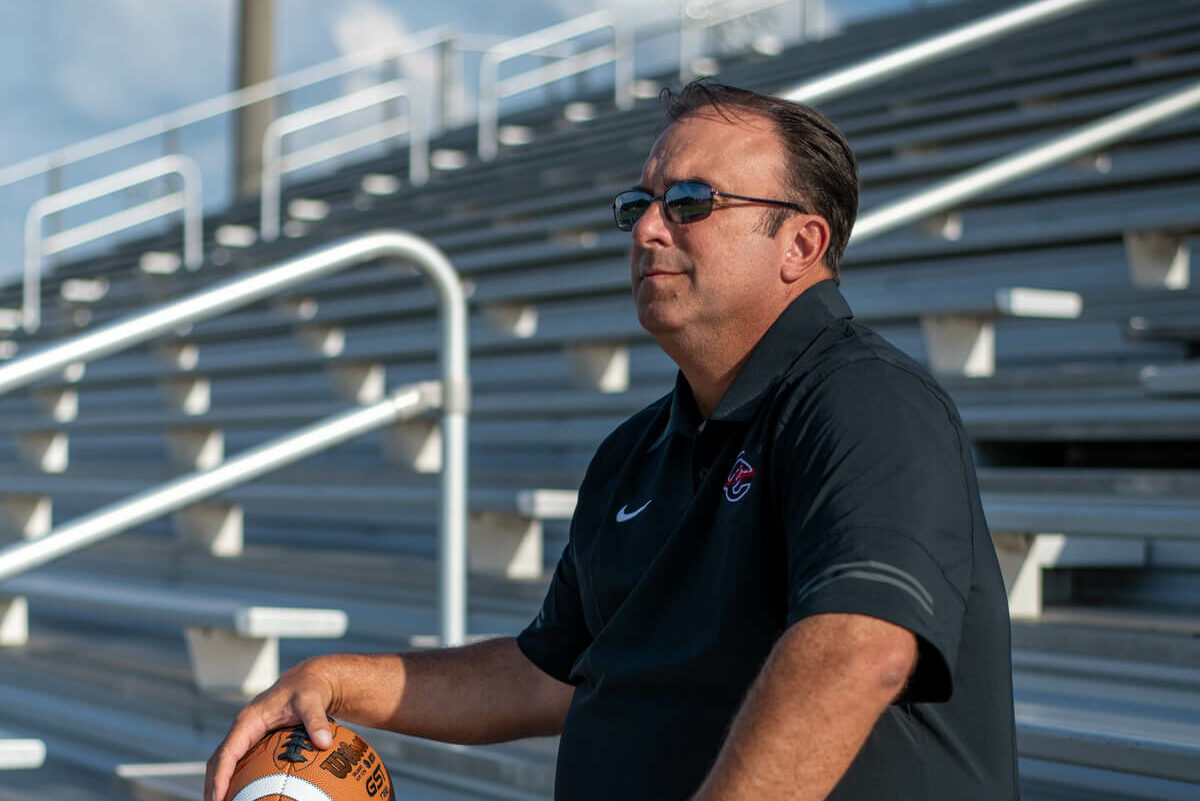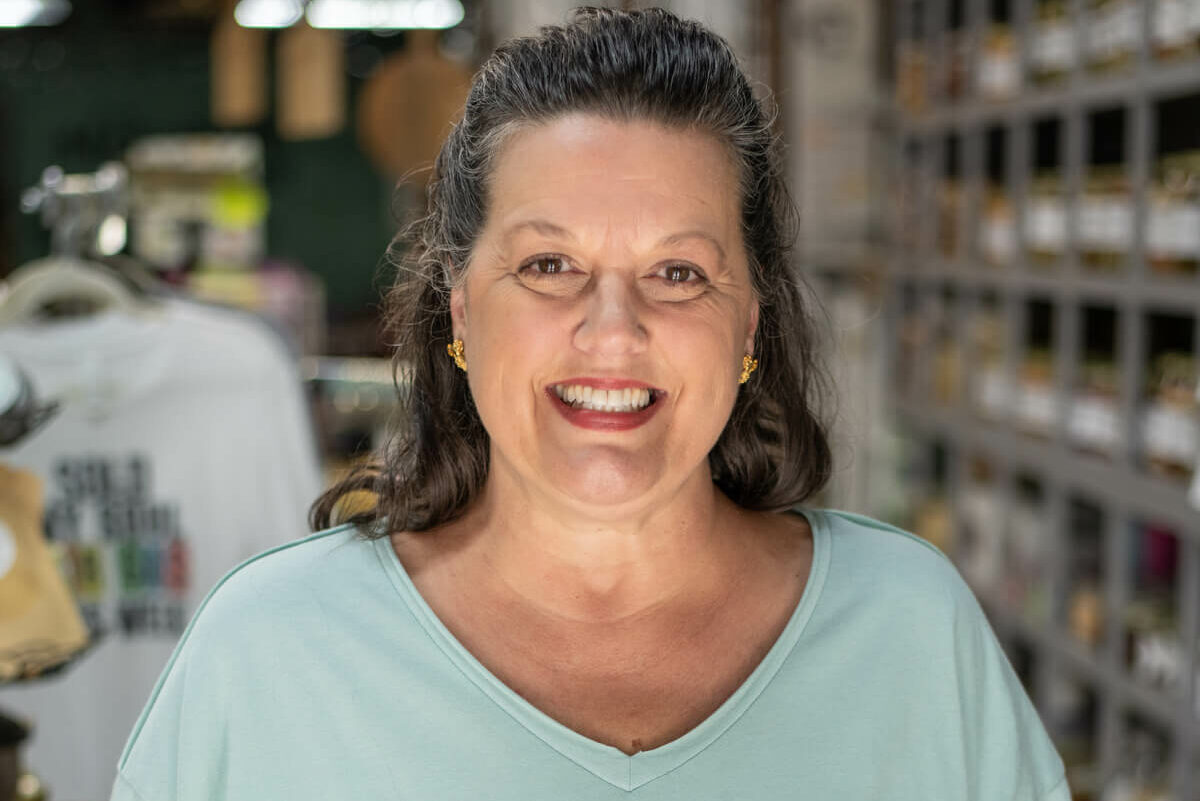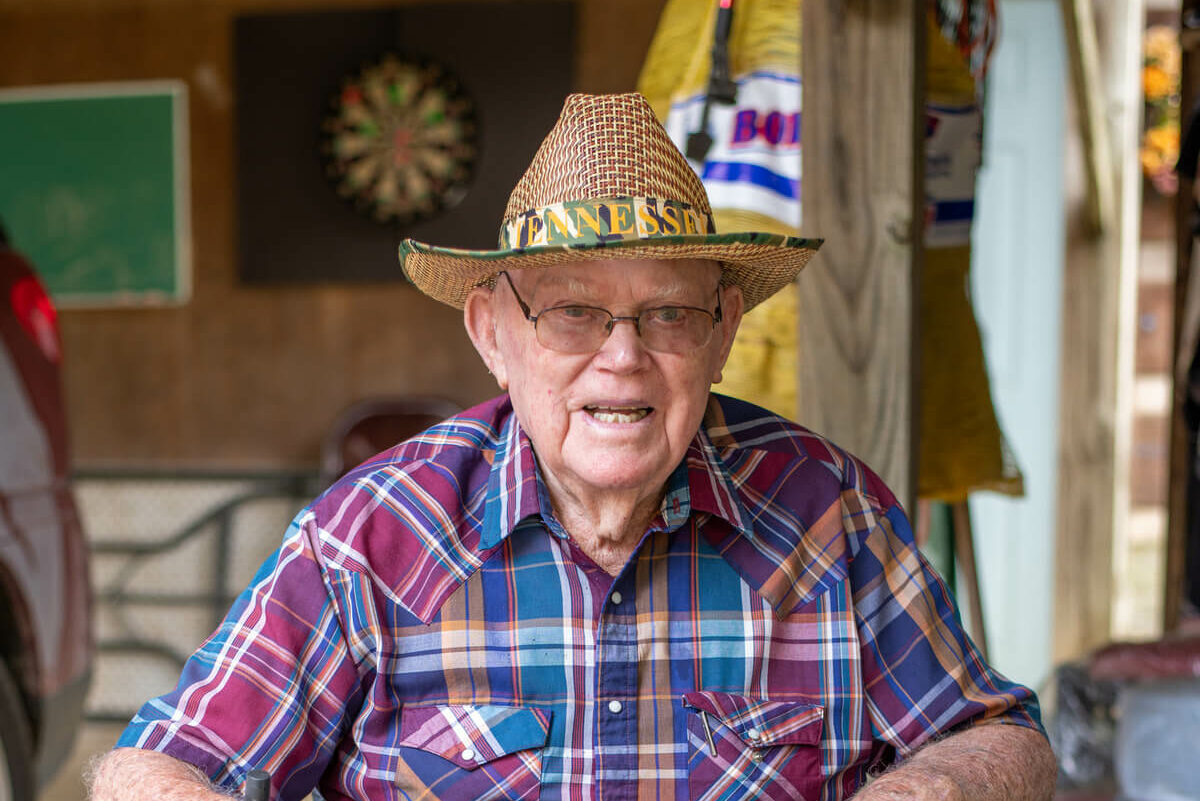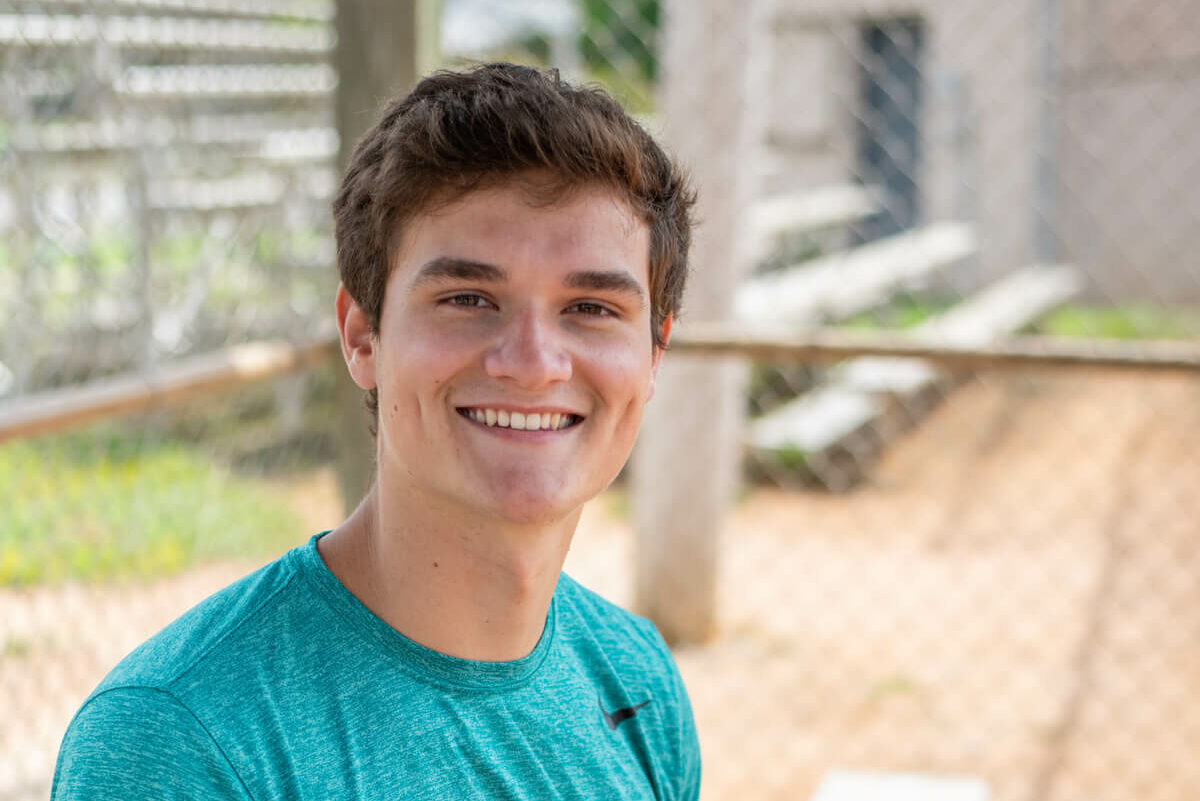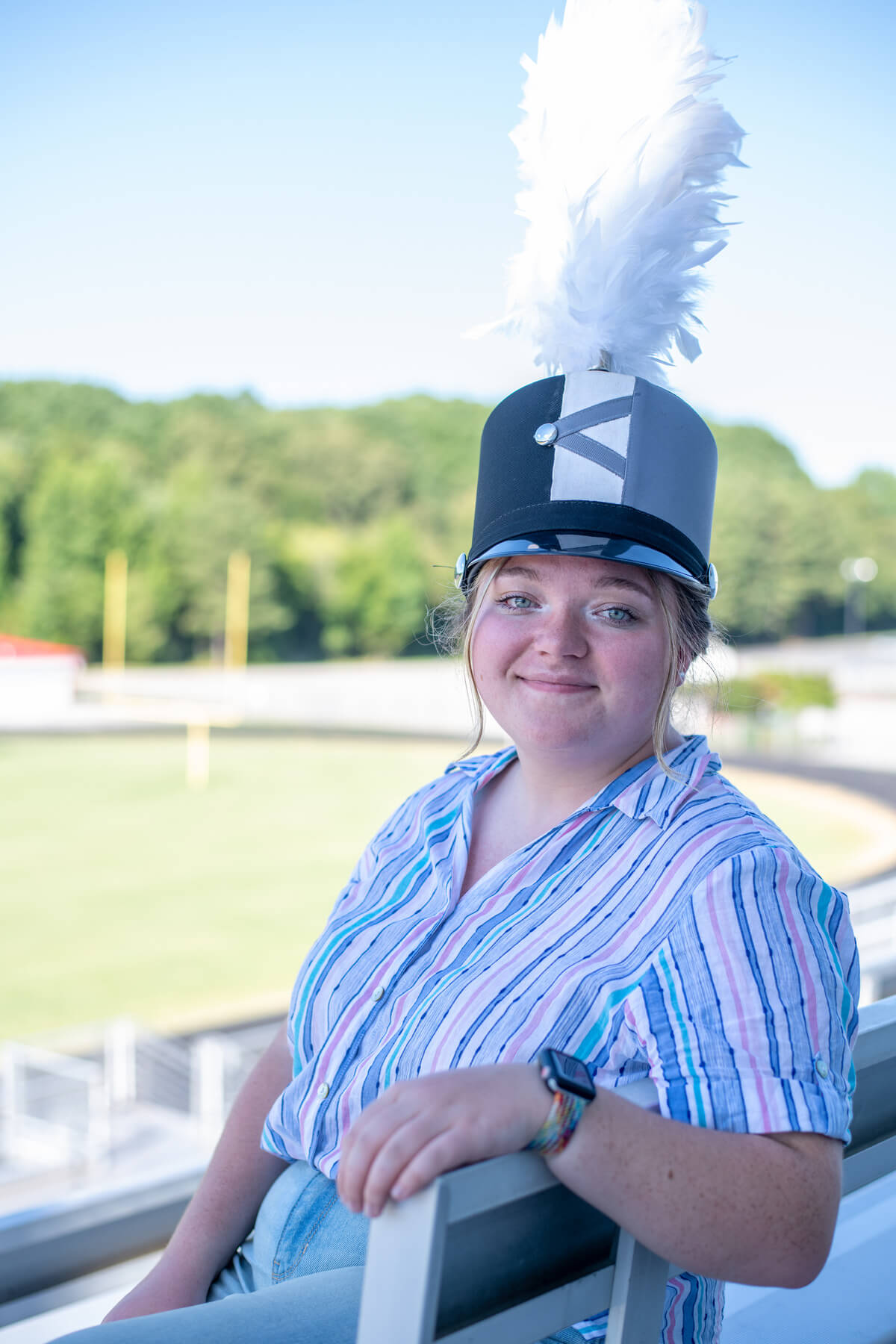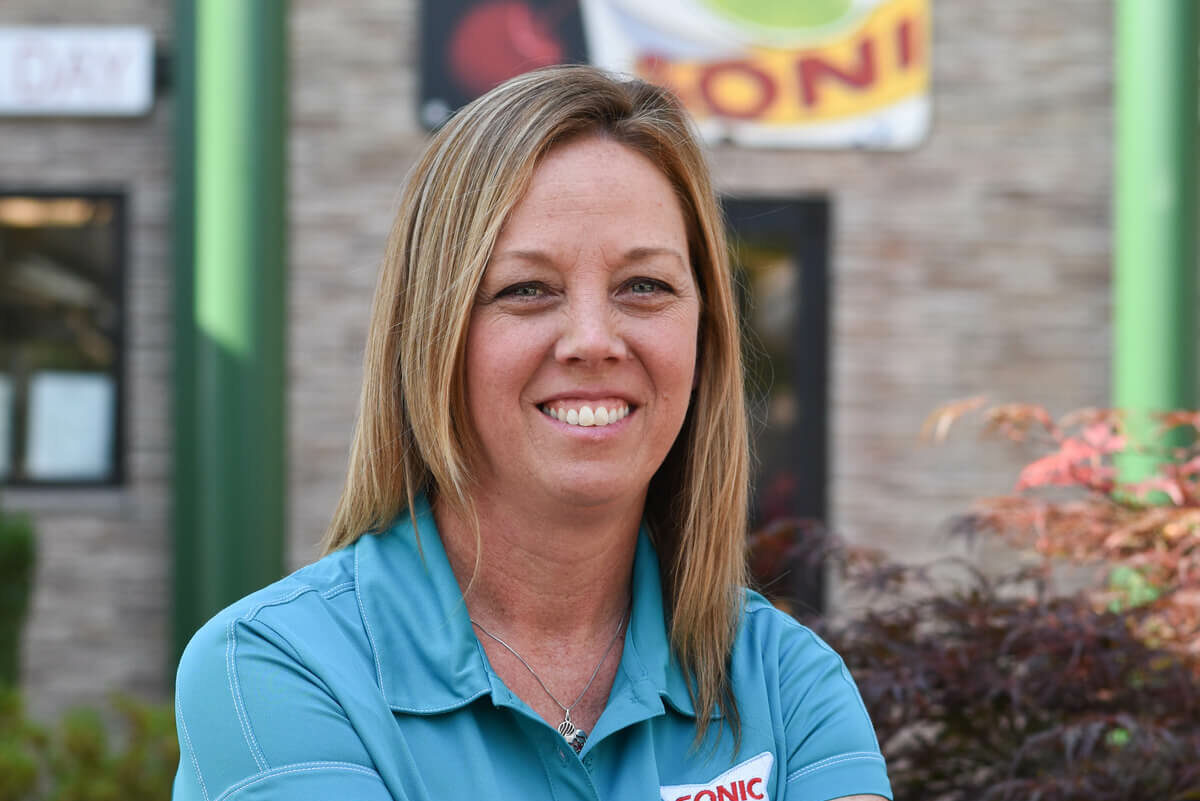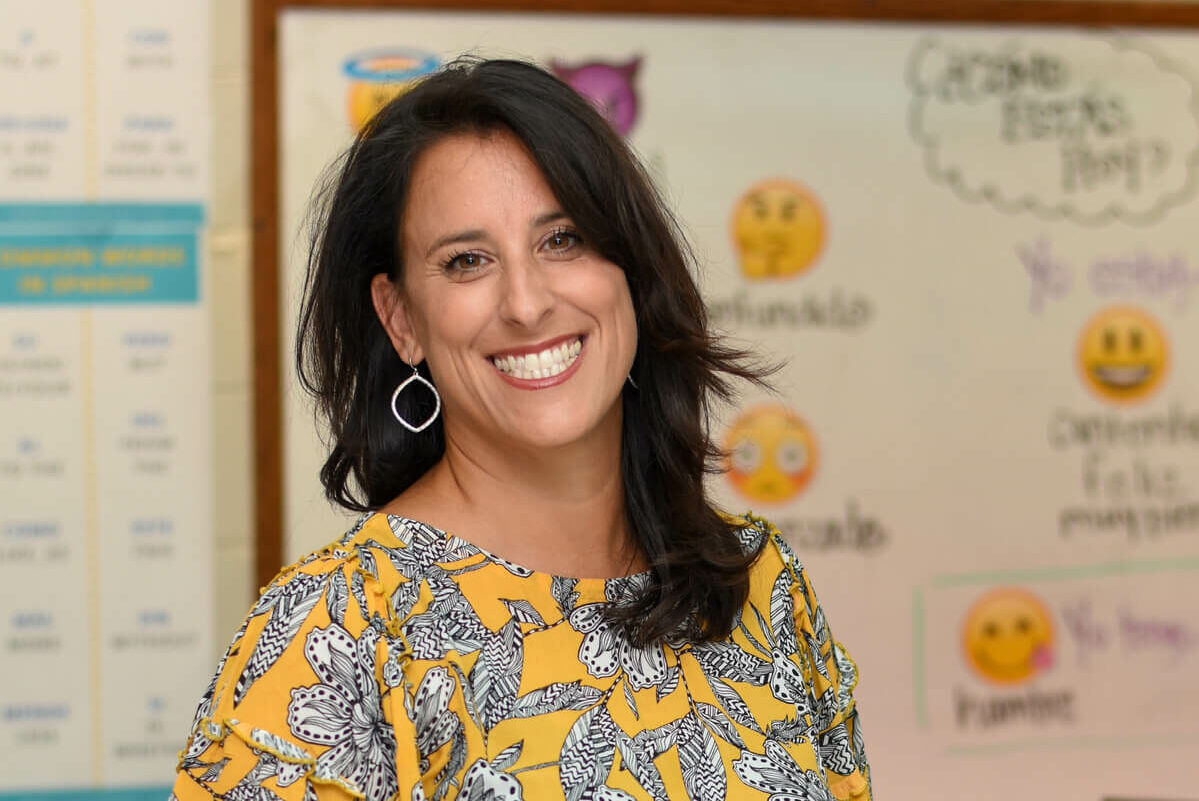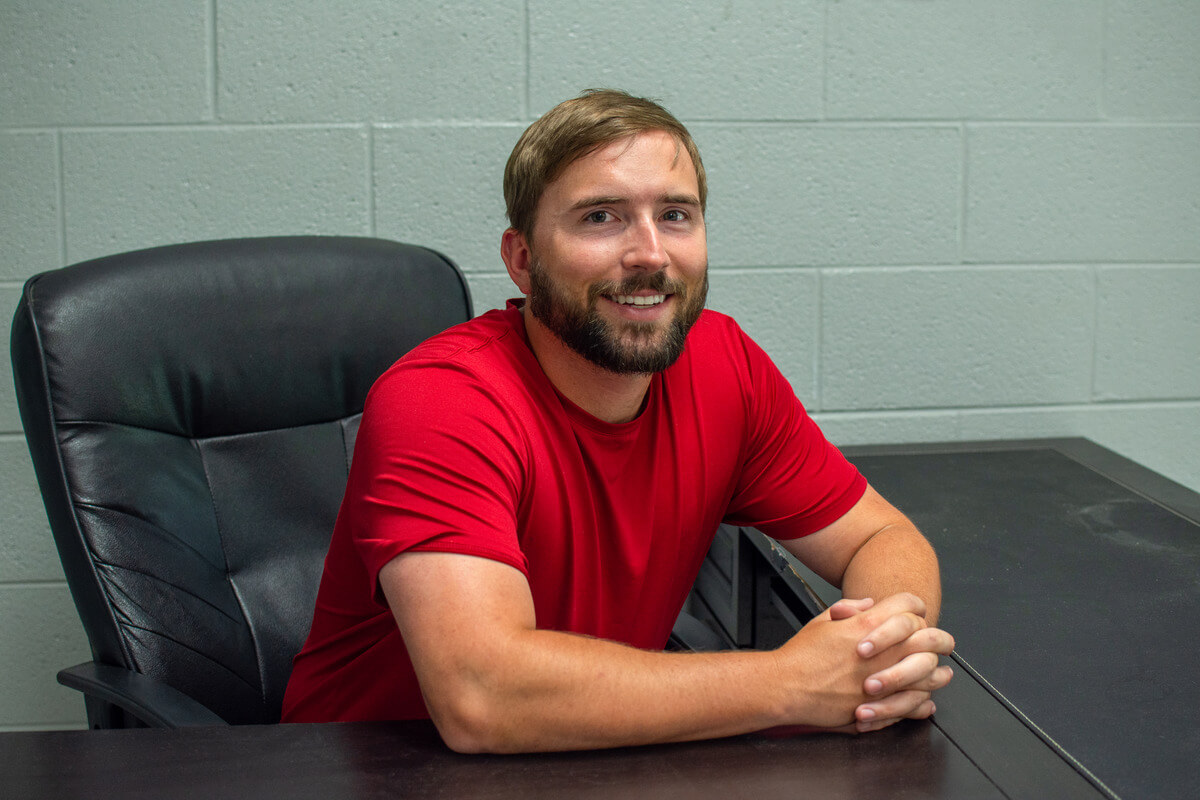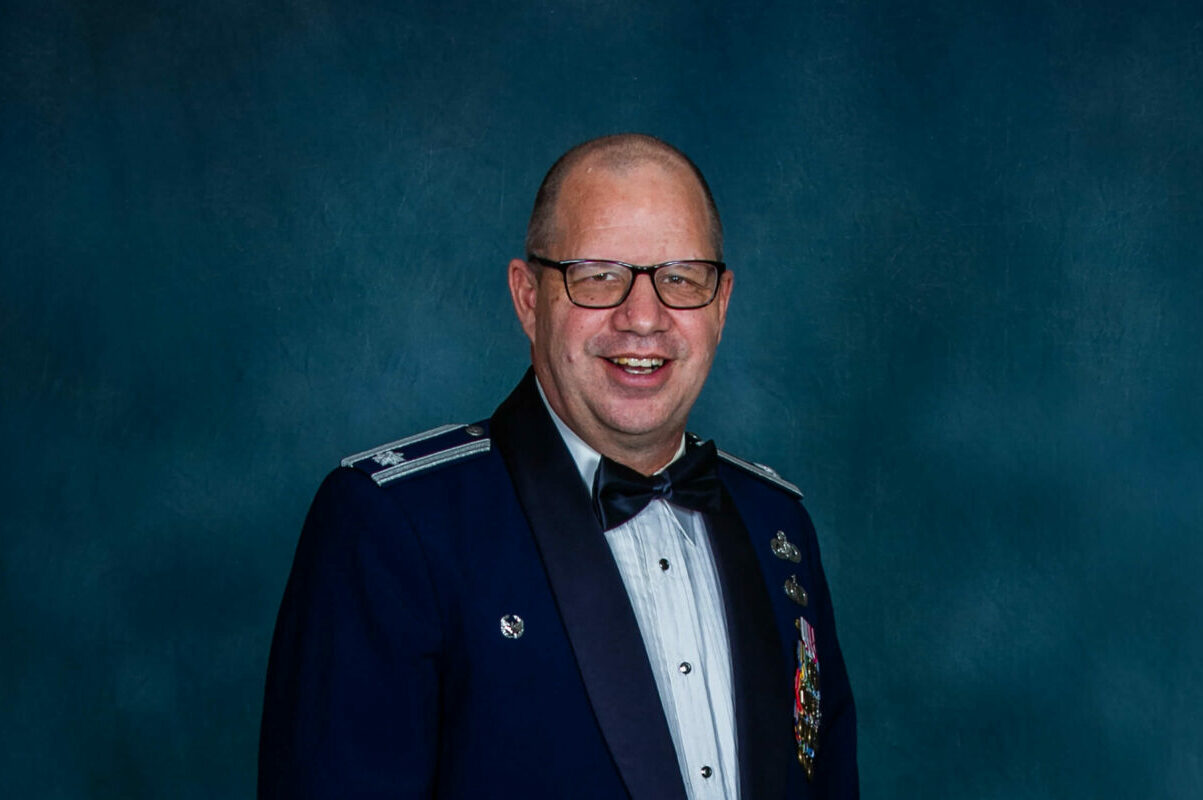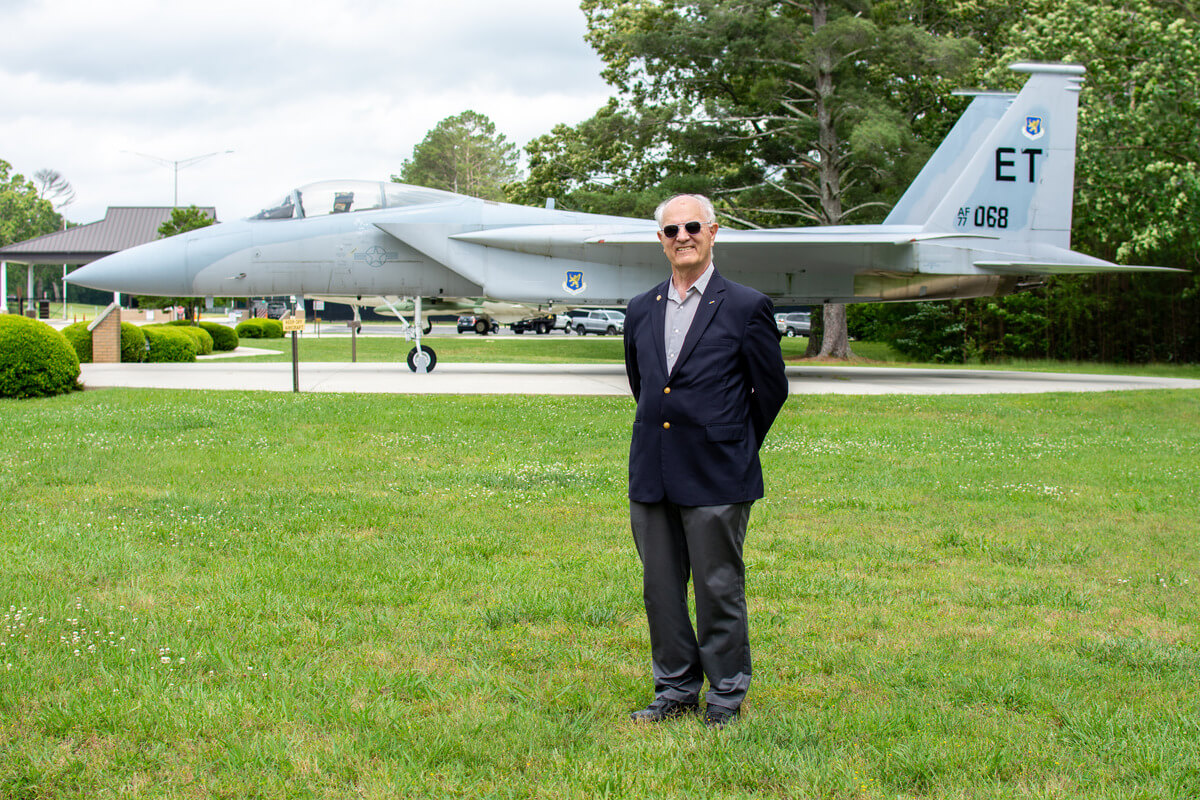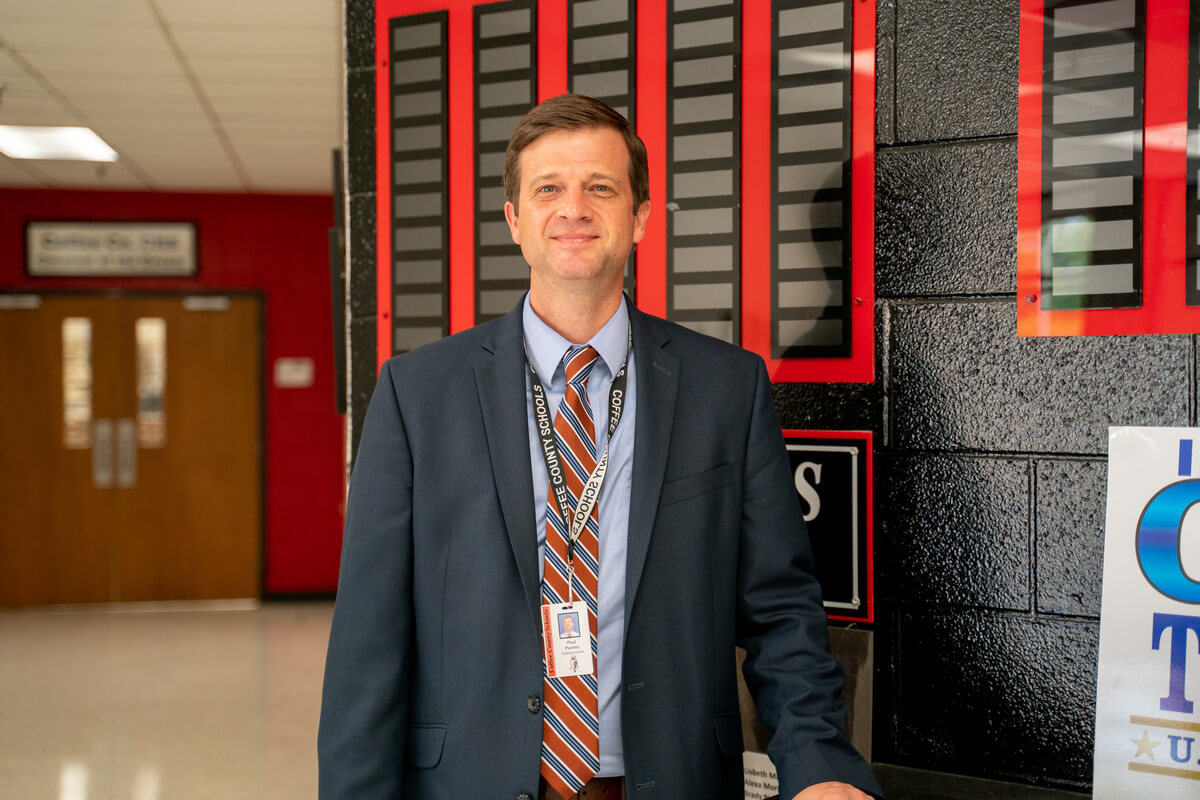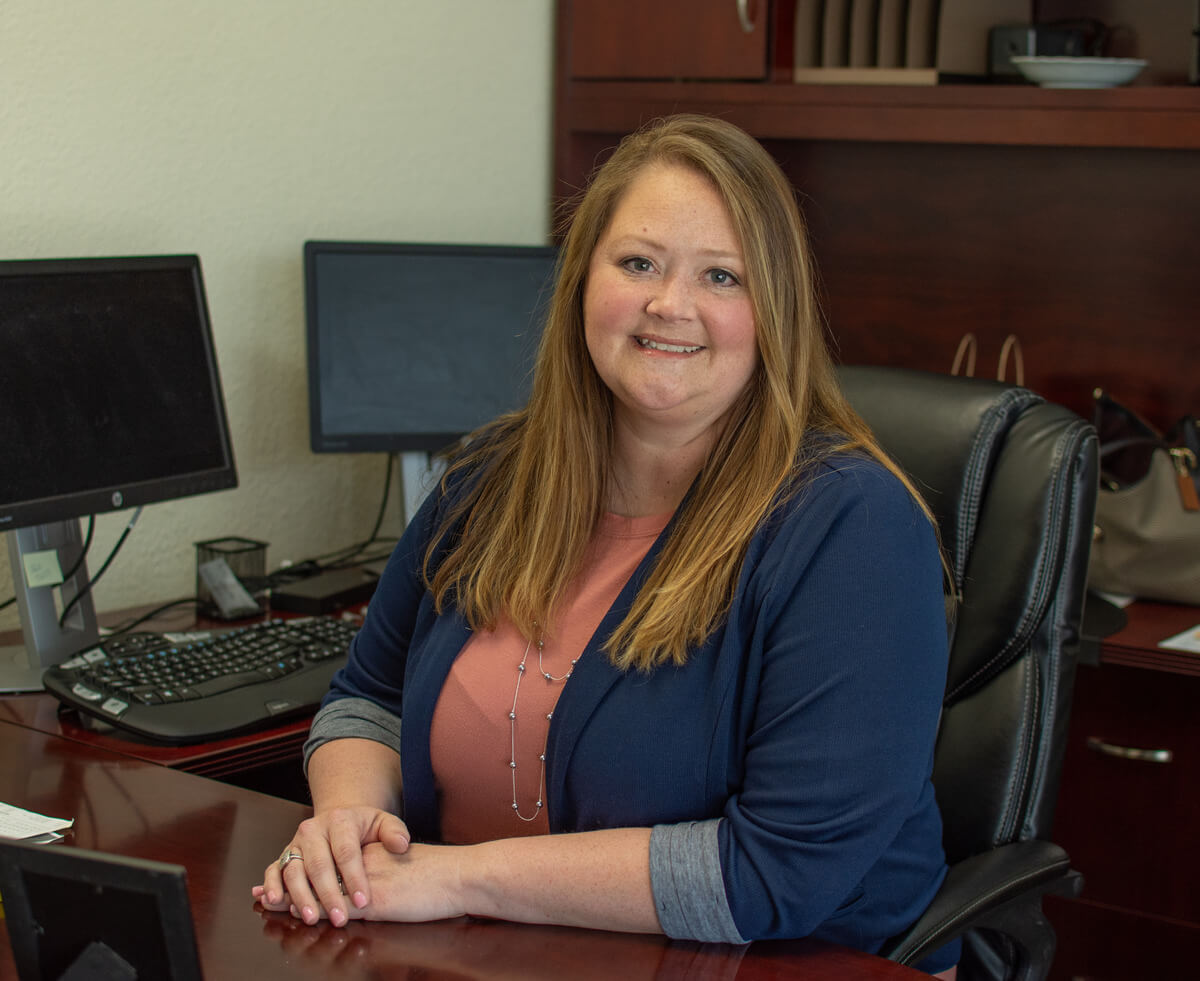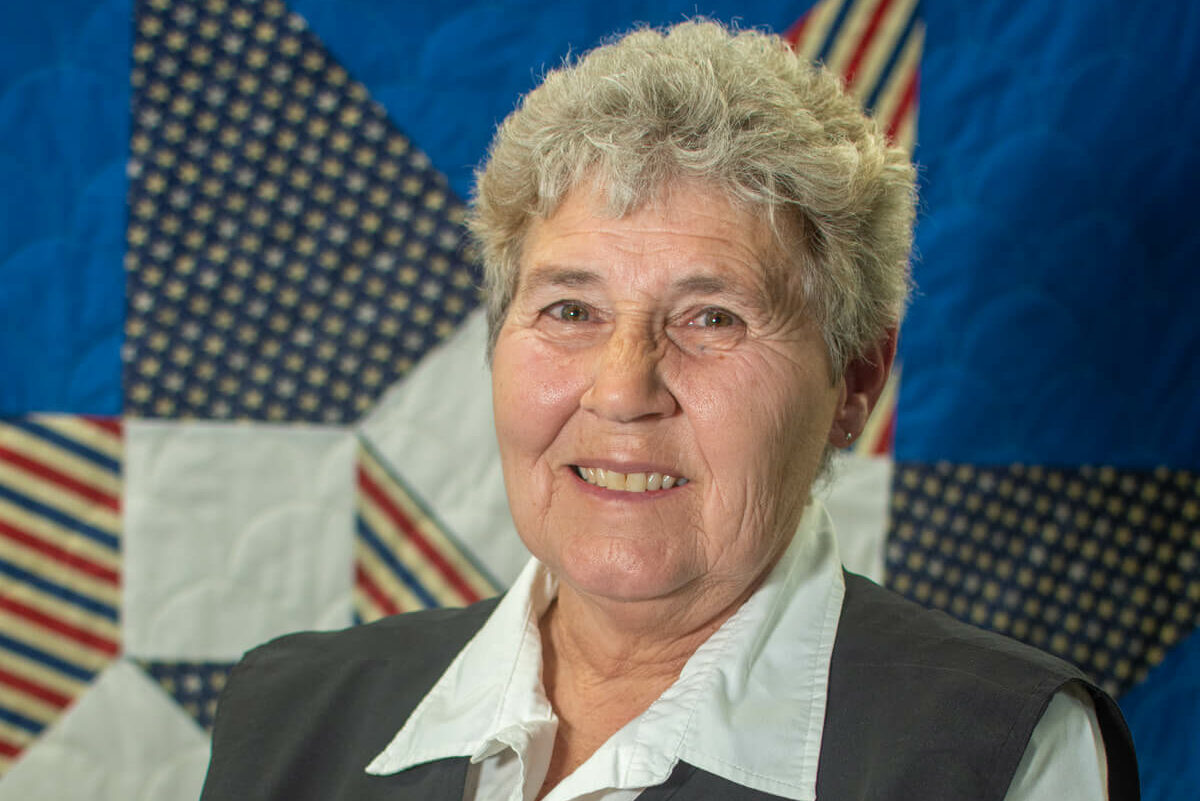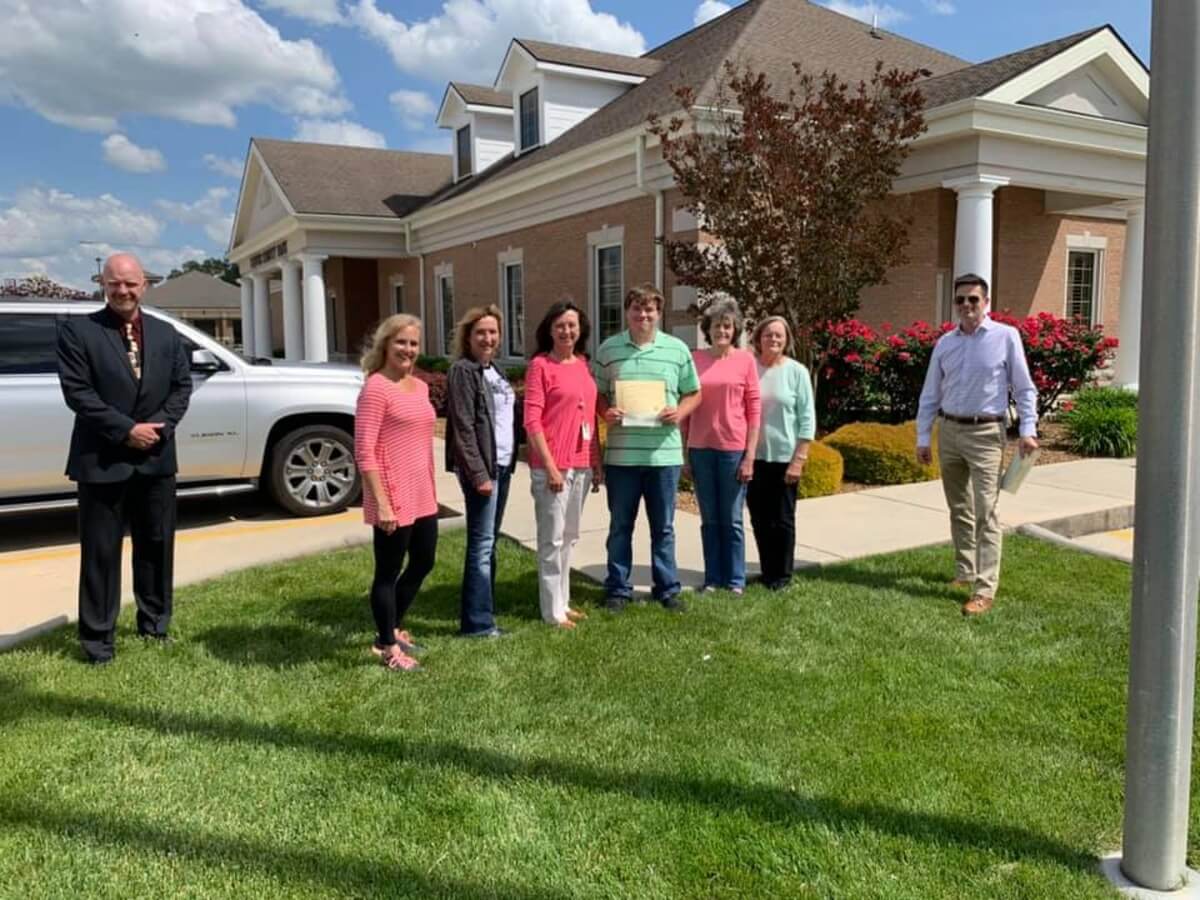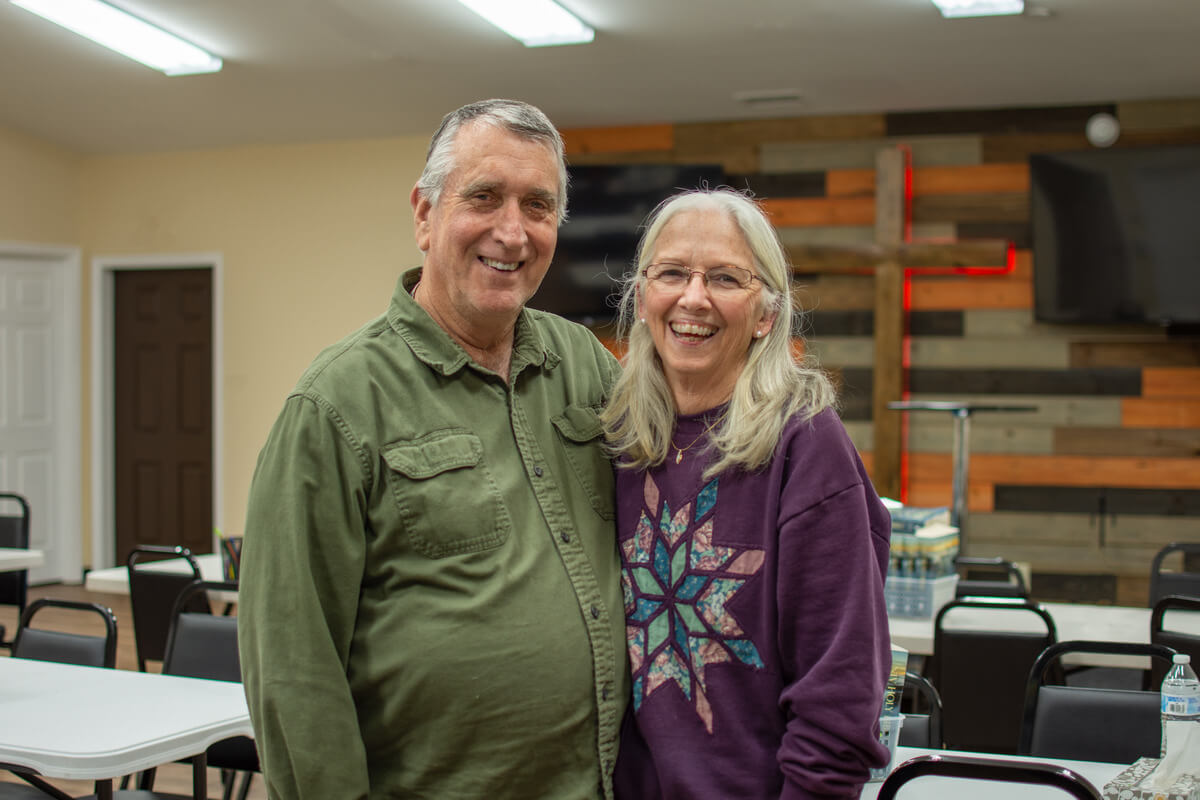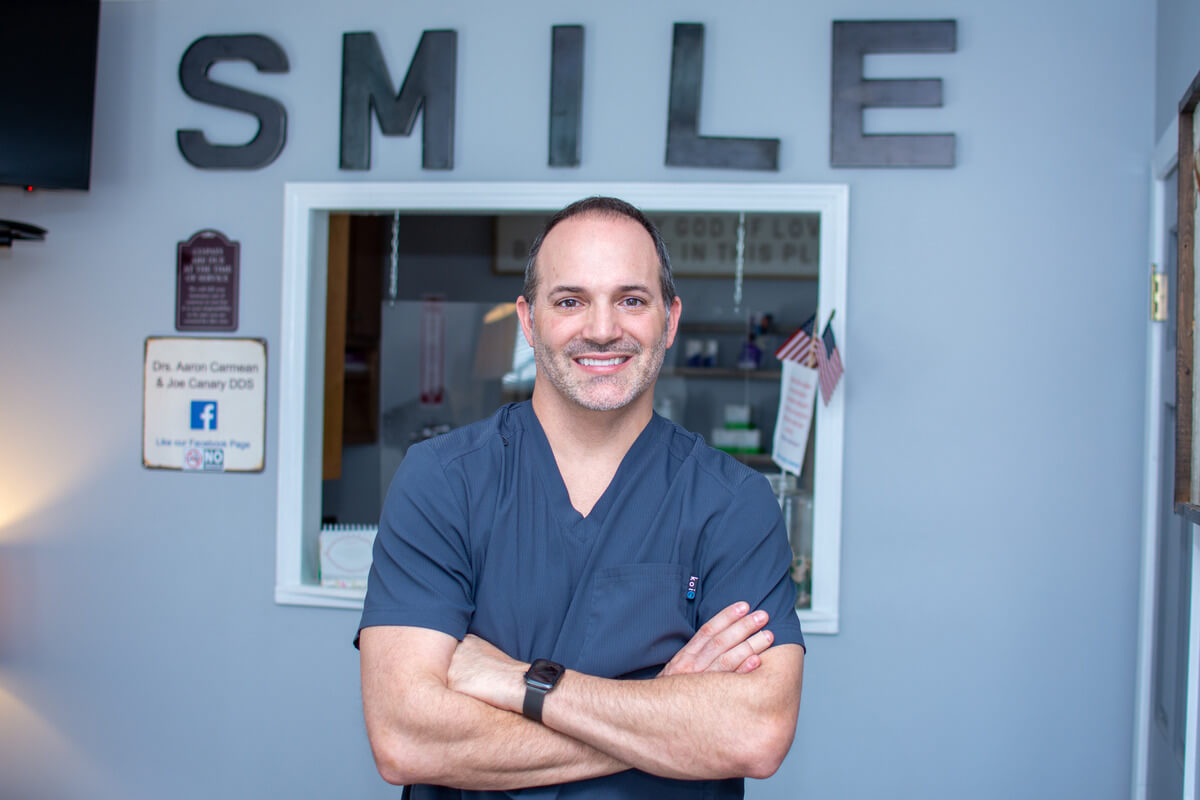THE BOND between a girl and her horse is one that cannot be broken. A horse can be broken, meaning it can undergo skillful training to become accustomed to carrying a rider. Similarly, a young girl’s spirit can be broken by the hang-ups or heartbreaks of life. But together, sharing a significant connection, the two have an undeniable strength and security with which no amount of time or space can interfere. Long-time horse lover Mary Maxwell has experienced this kind of bond and loyalty.
Within the last few years, Maxwell has become increasingly aware of the haunting statistics surrounding horses being neglected, abused, and even slaughtered. In response, the role of fierce protector rose within Maxwell and led her to found Tennessee Horse Rescue. The rescue is a 501(c)(3) nonprofit organization whose focus is rescuing equines from slaughter, abuse, and neglect.
Maxwell, a resident of Manchester, shared, “I got my first colt when I was 10 years old. I had horses off and on, all of my life. When I found out we (the United States) were sending tens of thousands of horses across the borders to be slaughtered each year, is when I decided to start a horse rescue.”
“Last year, I called the USDA in Washington. A representative on the phone told me that in 2020 they only sent 33,000 horses to Mexico for slaughter. He confirmed the number used to be significantly higher in recent years but has come down.” Maxwell’s dismay could be felt through the phone, “ONLY 33,000?! I just think 33,000 is too many.”
While Maxwell single handedly cannot rescue every horse at risk, she has made it her goal and the organization’s mission to protect those without a voice. Whether neglected, abused, starved, disabled, or old, the idea is to be an advocate for all equines at risk by providing a clean and healthy environment for rescuing and rehabilitating horses. Tennessee Horse Rescue’s rehabilitation services include veterinarian care, farrier services, gentle training, anxiety and abuse healing, and retirement. Maxwell shares, “We want horses to be horses; grazing, running, playing, rolling, sleeping, and enjoying their lives as they should be, either here or at a new caring home.”

Currently, the horse haven is a small rental farm in Coffee County. The farm has two barns, two separate pastures, and an arena to work the horses in. Right now, there are four horses on the property.
Maxwell shared, “I want to do more, but I am limited because the place I am renting doesn’t have the capacity for it. I could easily have 50 head of horses here by now if I had a bigger place. Thus, a particular need we have in addition to ongoing sponsorships is a farm or use of land.” Maxwell shared that all donations are tax-deductible, and there may be possibilities for property tax exemption for land owners.
Maxwell shared that her greatest struggle right now is acquiring the resources needed for the rescue. Over the last year, she has personally contributed thousands of dollars from her web design business to ensure the horses are taken care of and fed. She shared that things have only become worse, “With this inflation and gas prices skyrocketing overnight, my donations are really slowing down, and I’ve got to keep these animals alive. It’s so hard to turn down people when I can’t take them. I am afraid of what is going to happen to the horses.”
Luckily, Maxwell has established a network of people who also have a heart for animals and are willing to help rescue efforts via adoption, fostering, and therapy programs. However, the need is still great as Maxwell’s phone rings off the hook with people who cannot take care of their horses anymore.
“Compassion is what drives me to bring people together who can make a difference in saving these beautiful animals.” If you have a heart of compassion for horses and are interested in partnering with Tennessee Horse Rescue, visit tennesseehorserescue.org to connect. The need is great. GN



